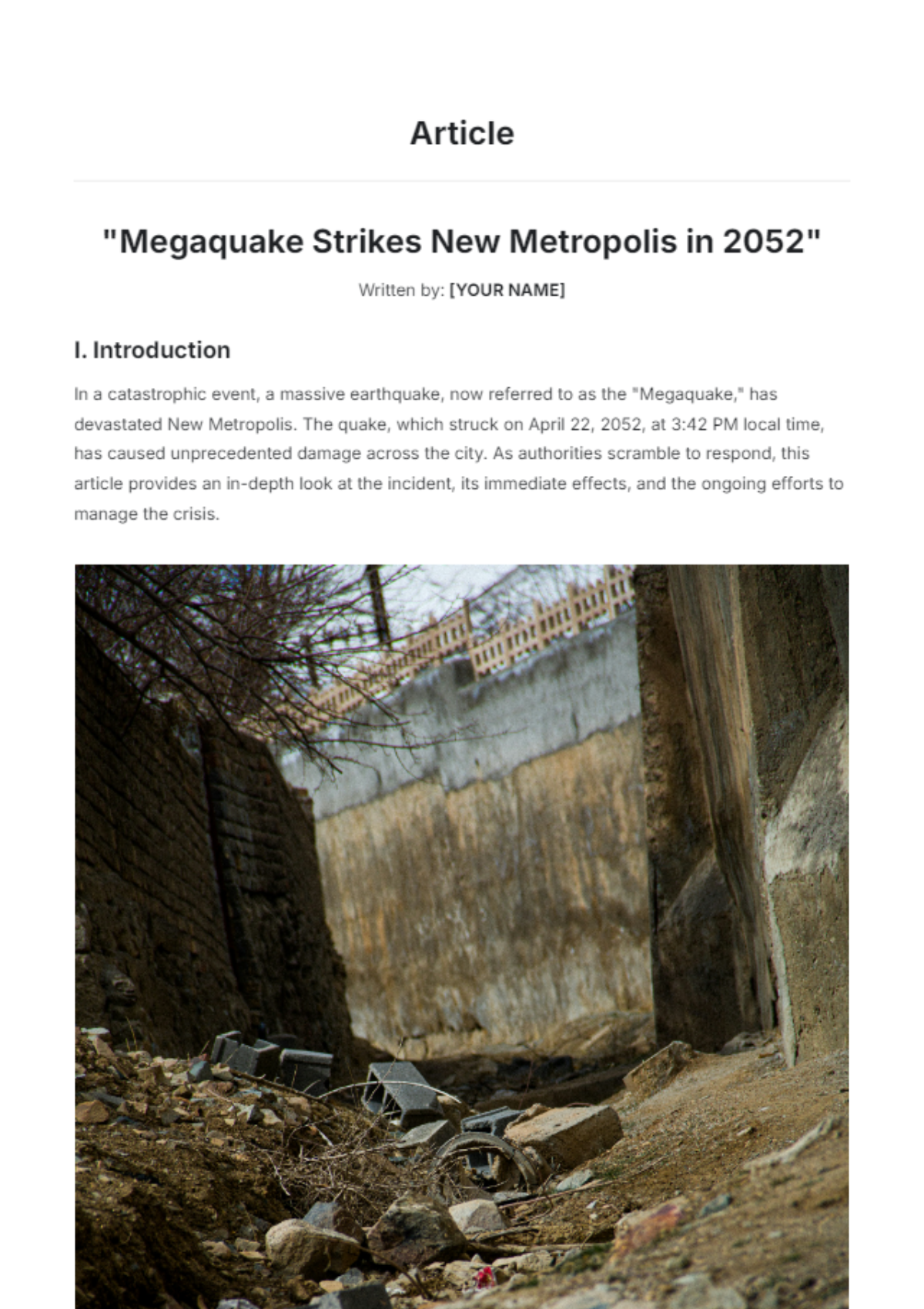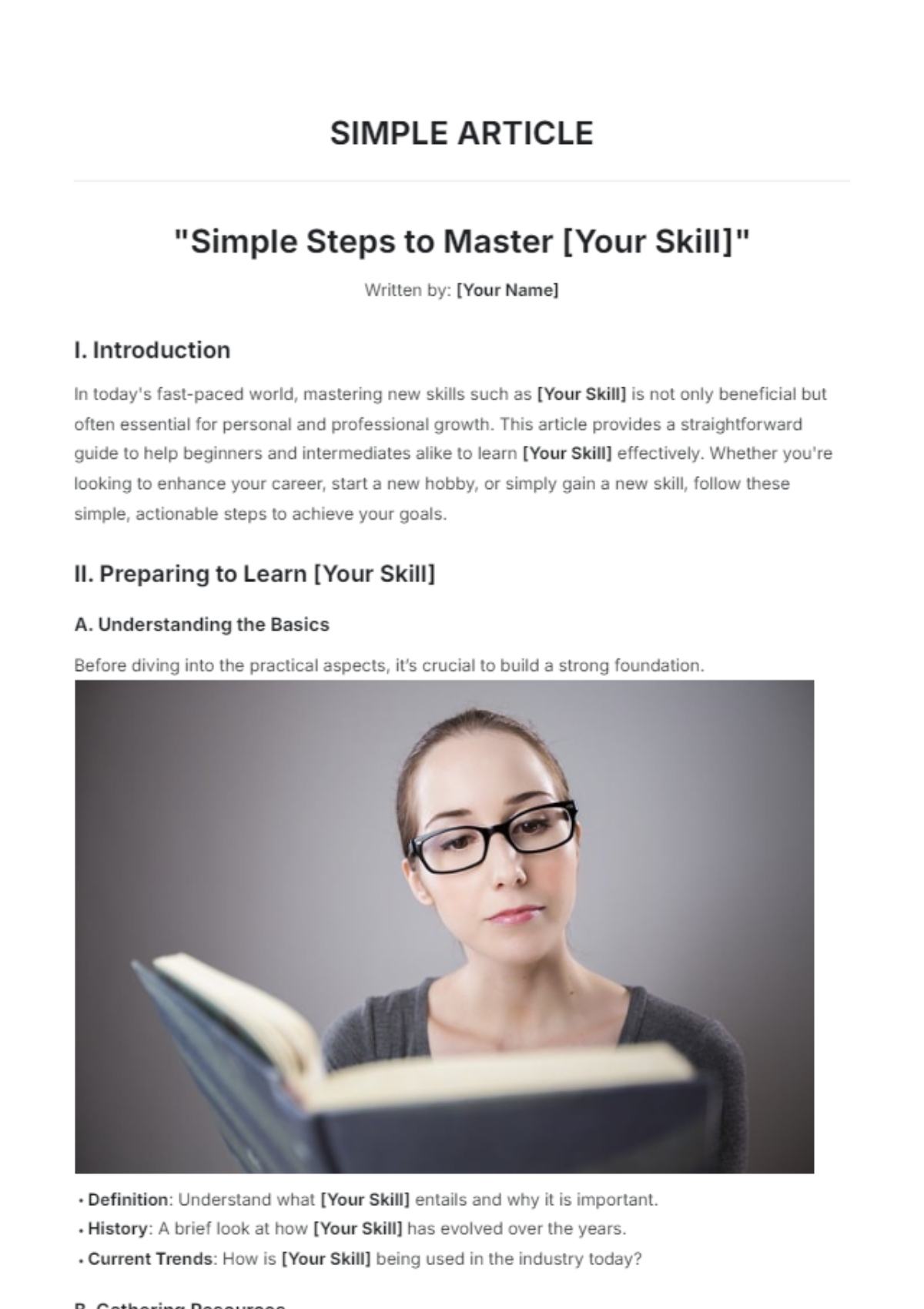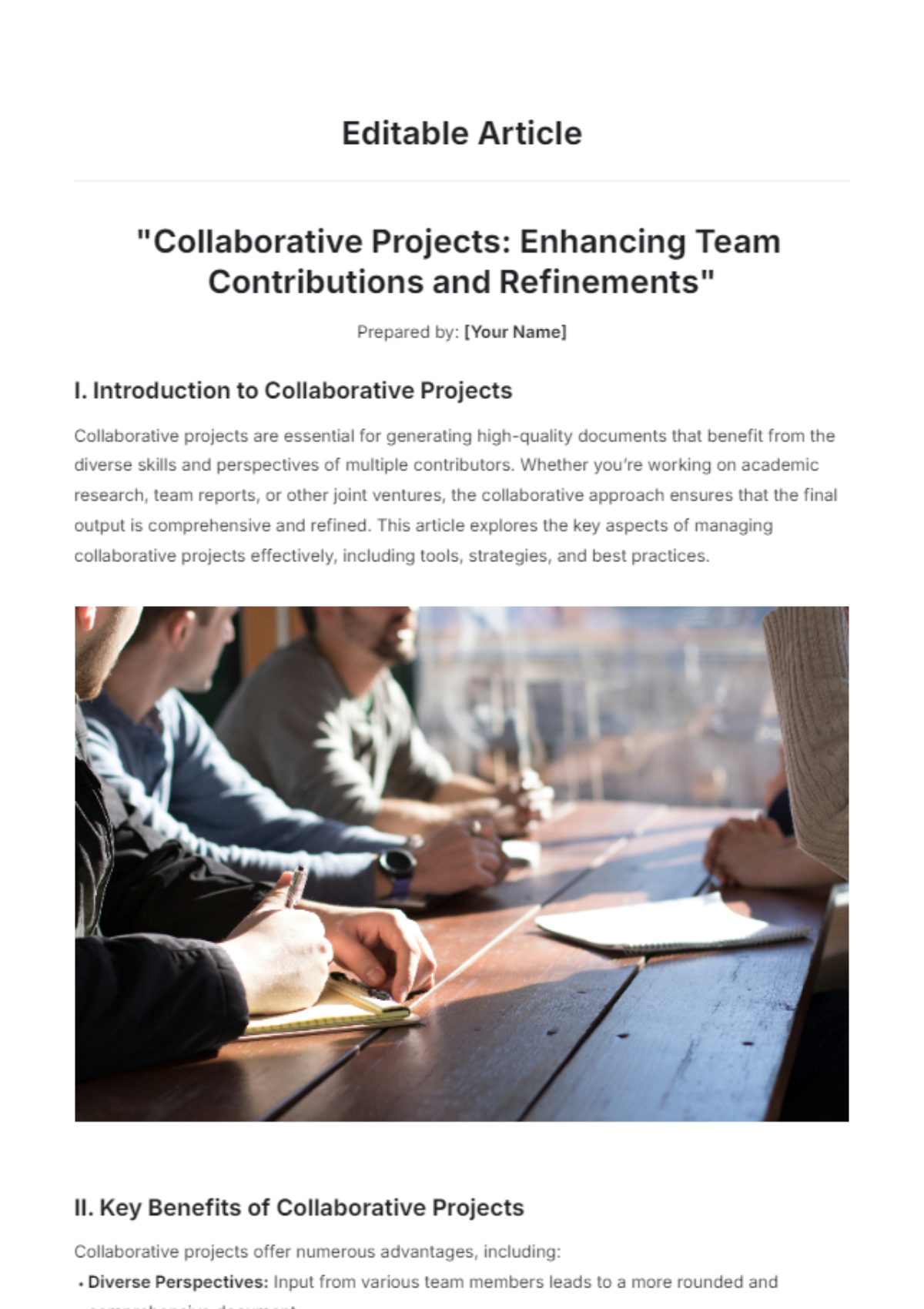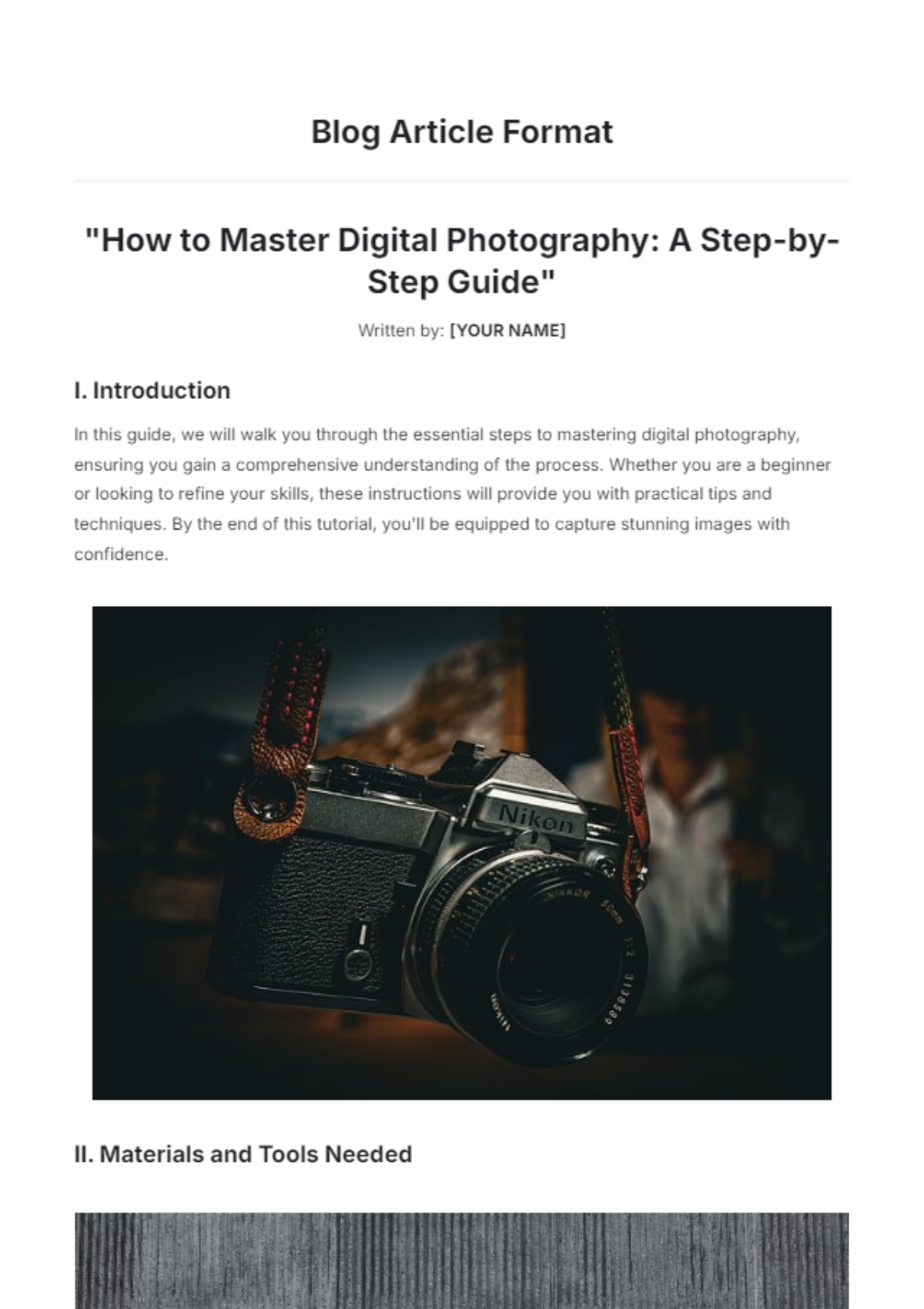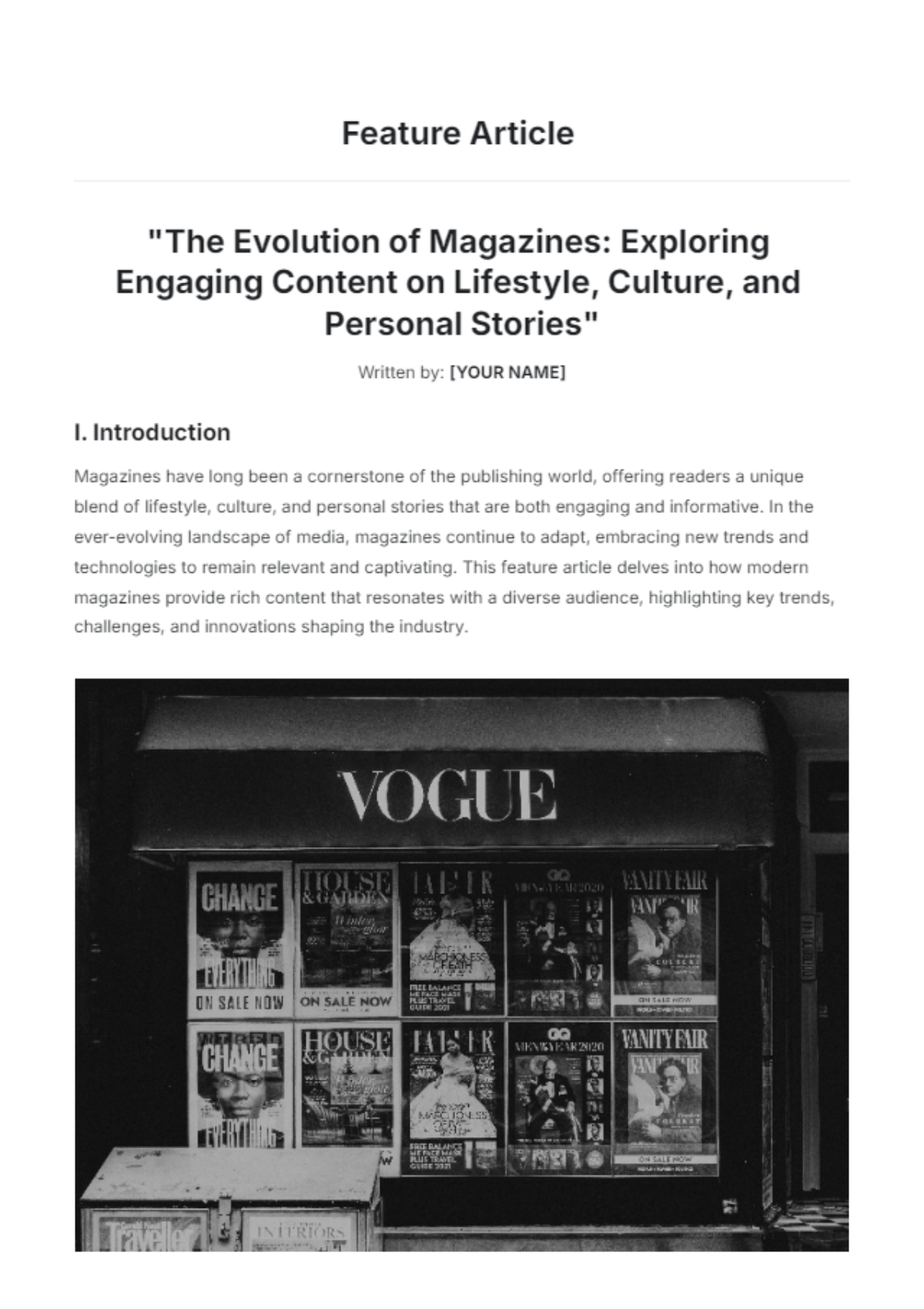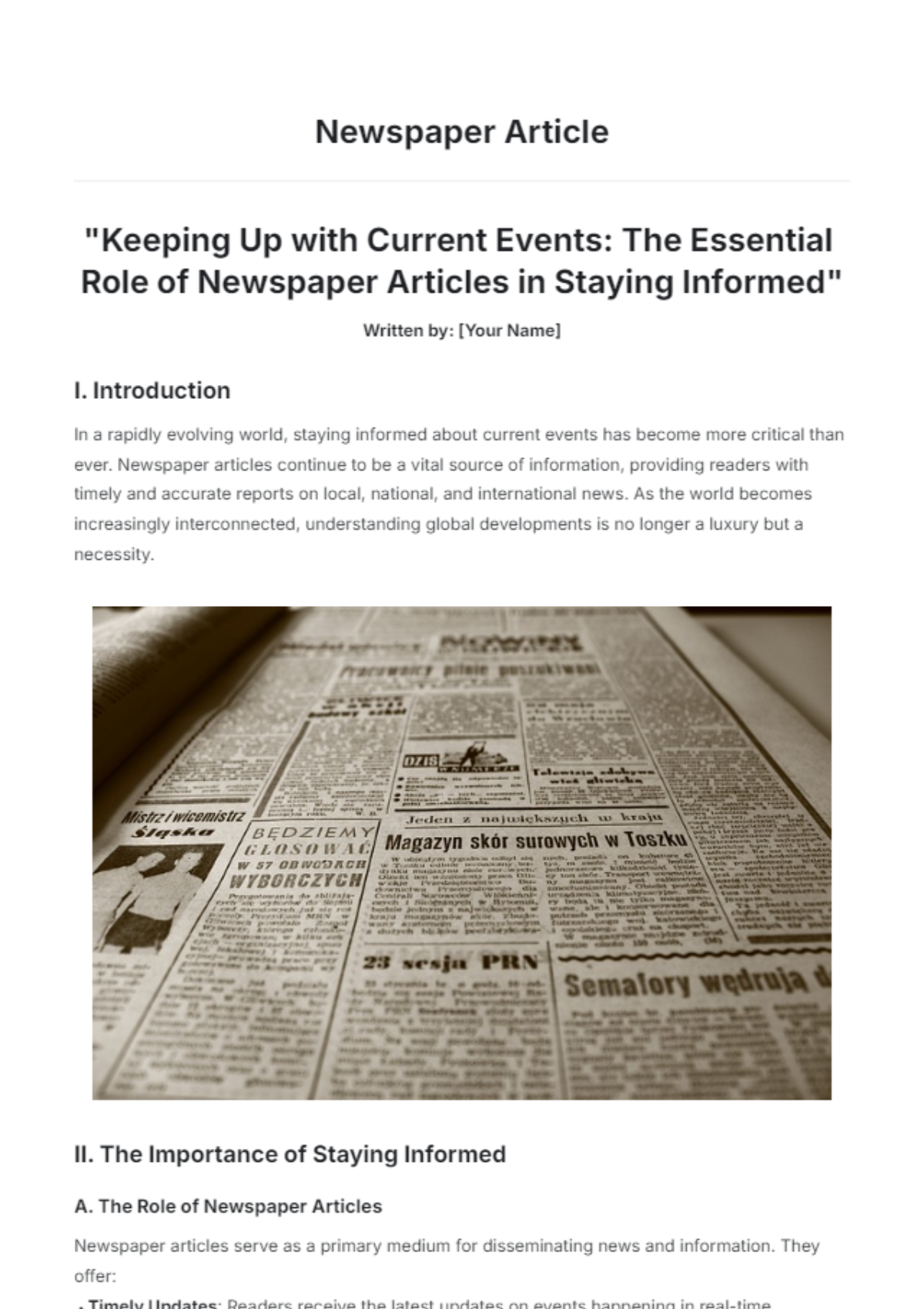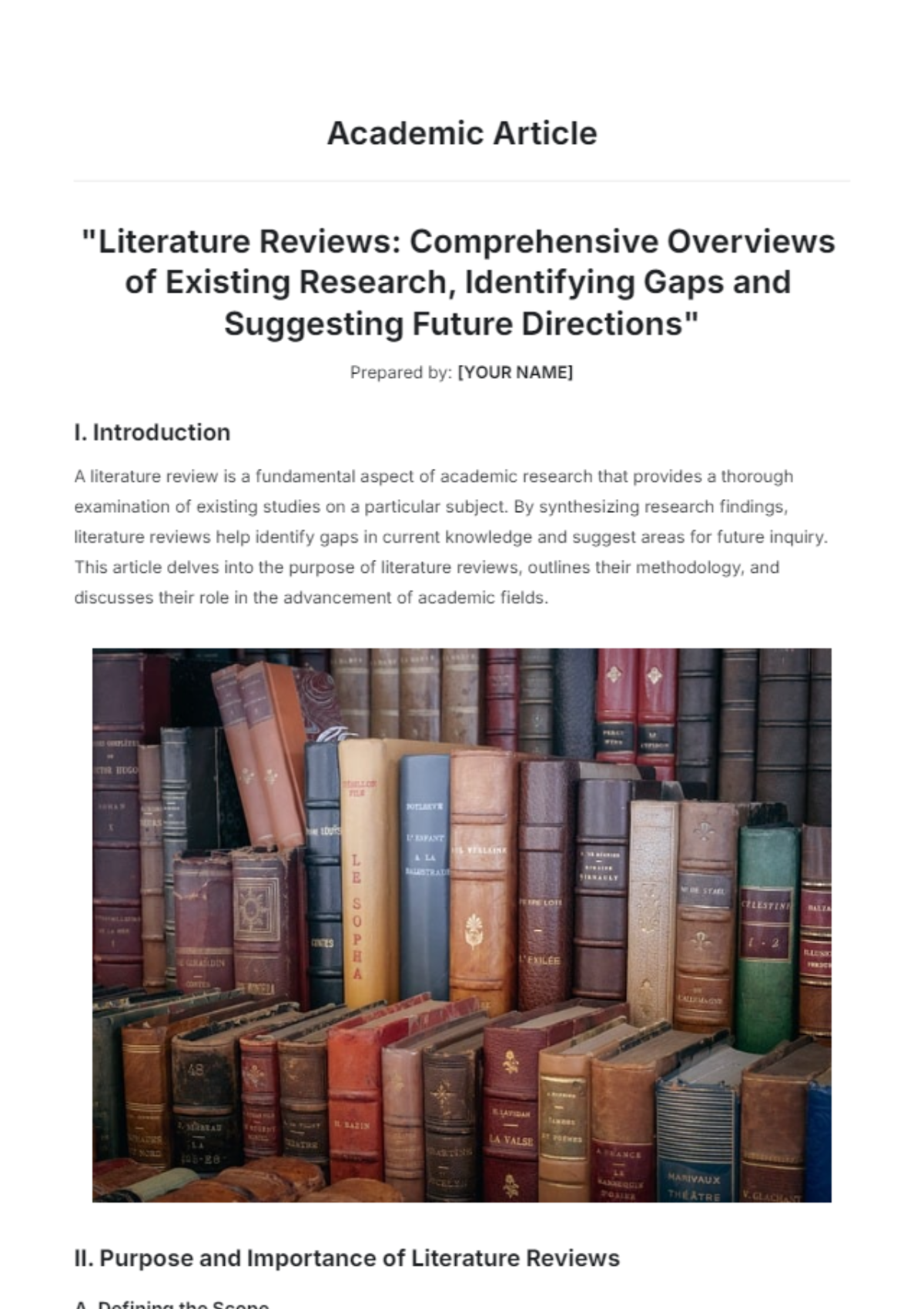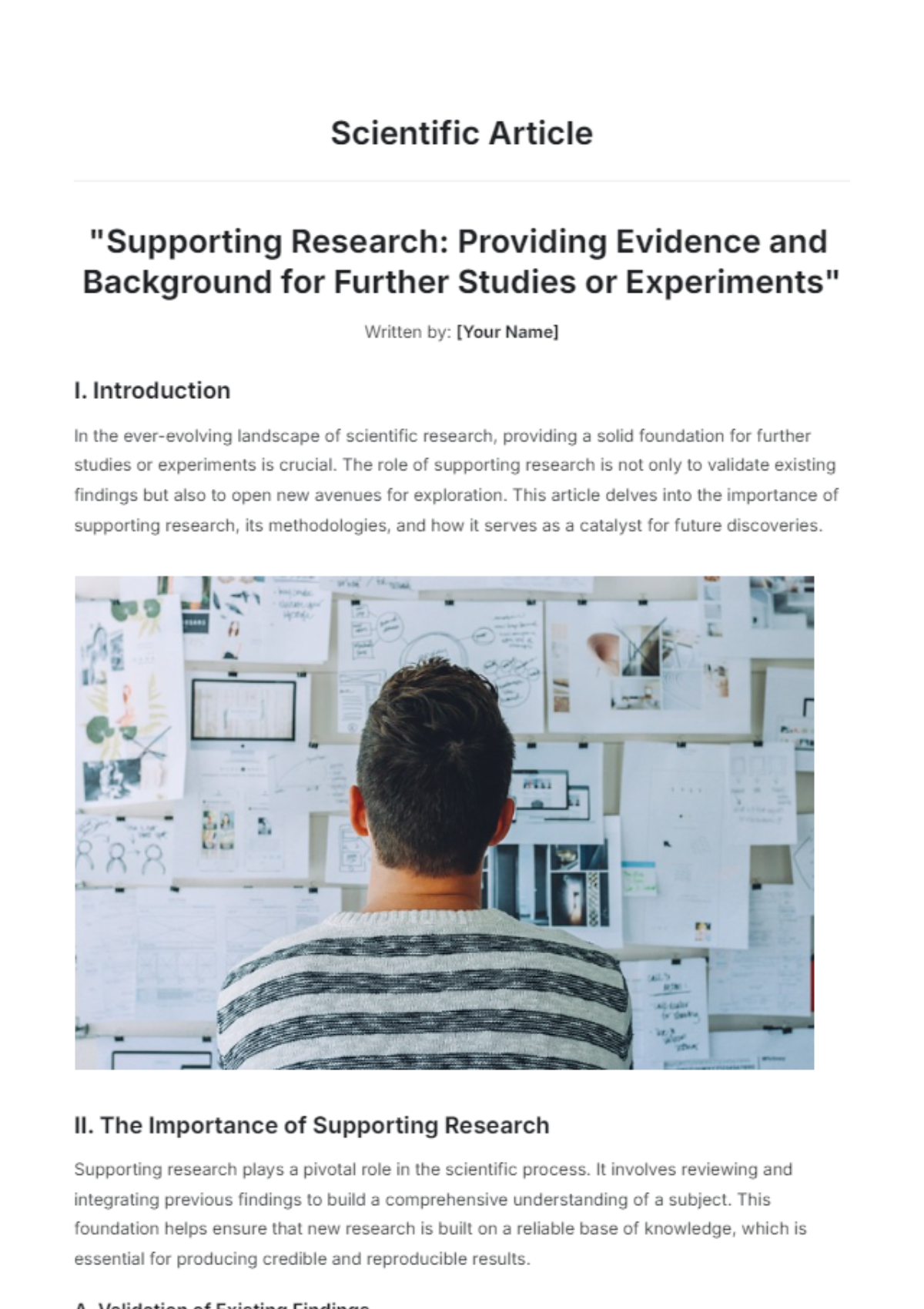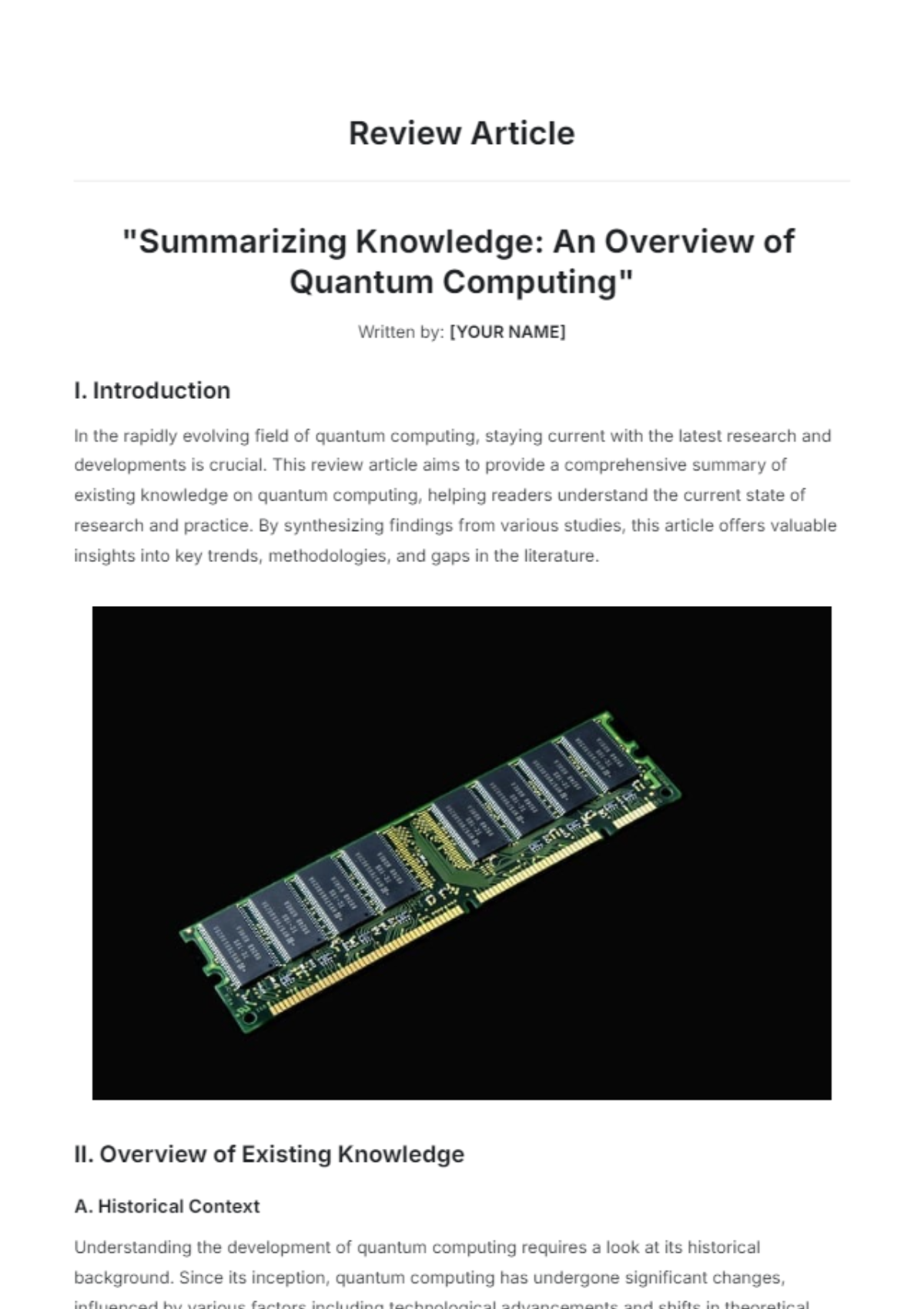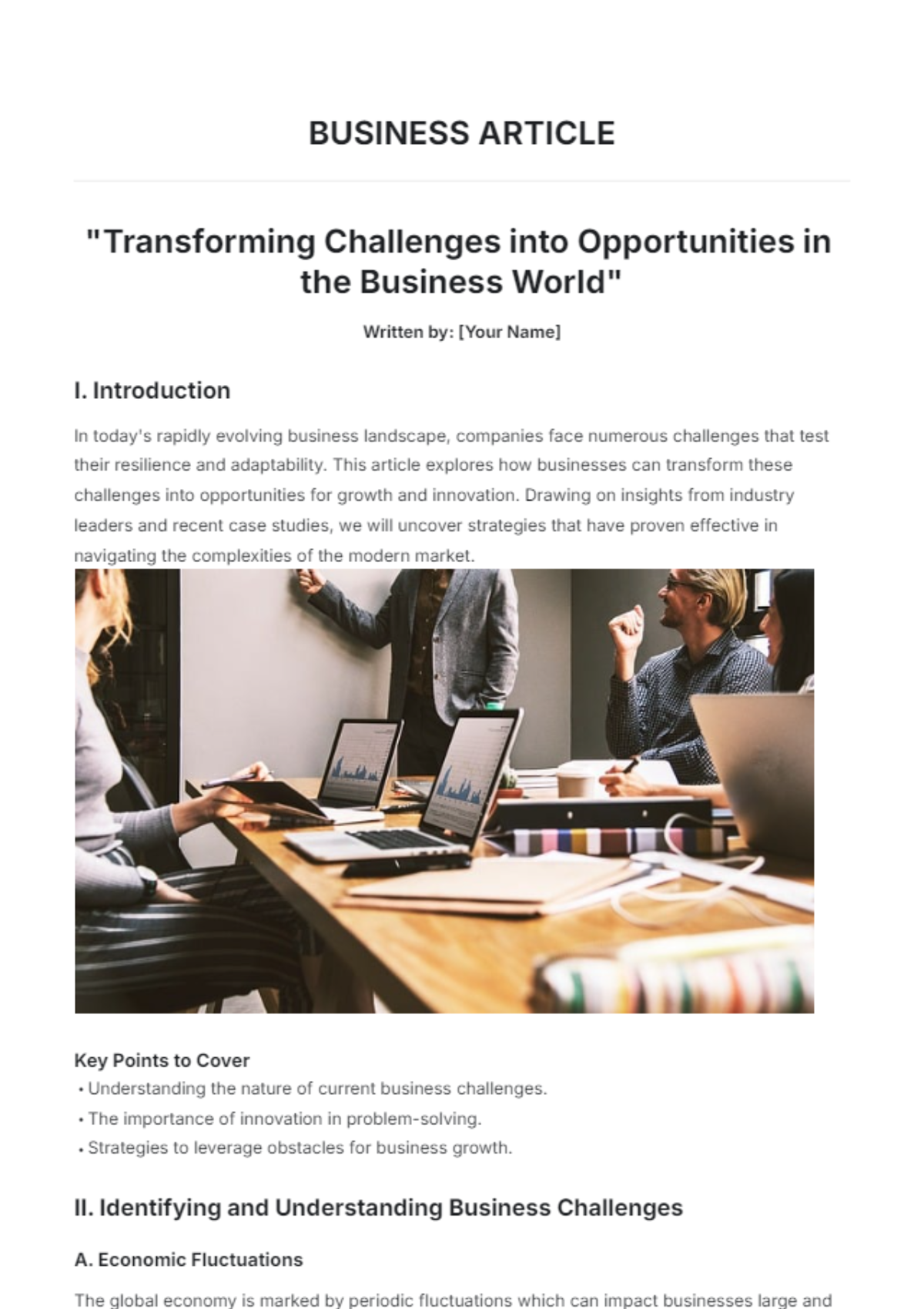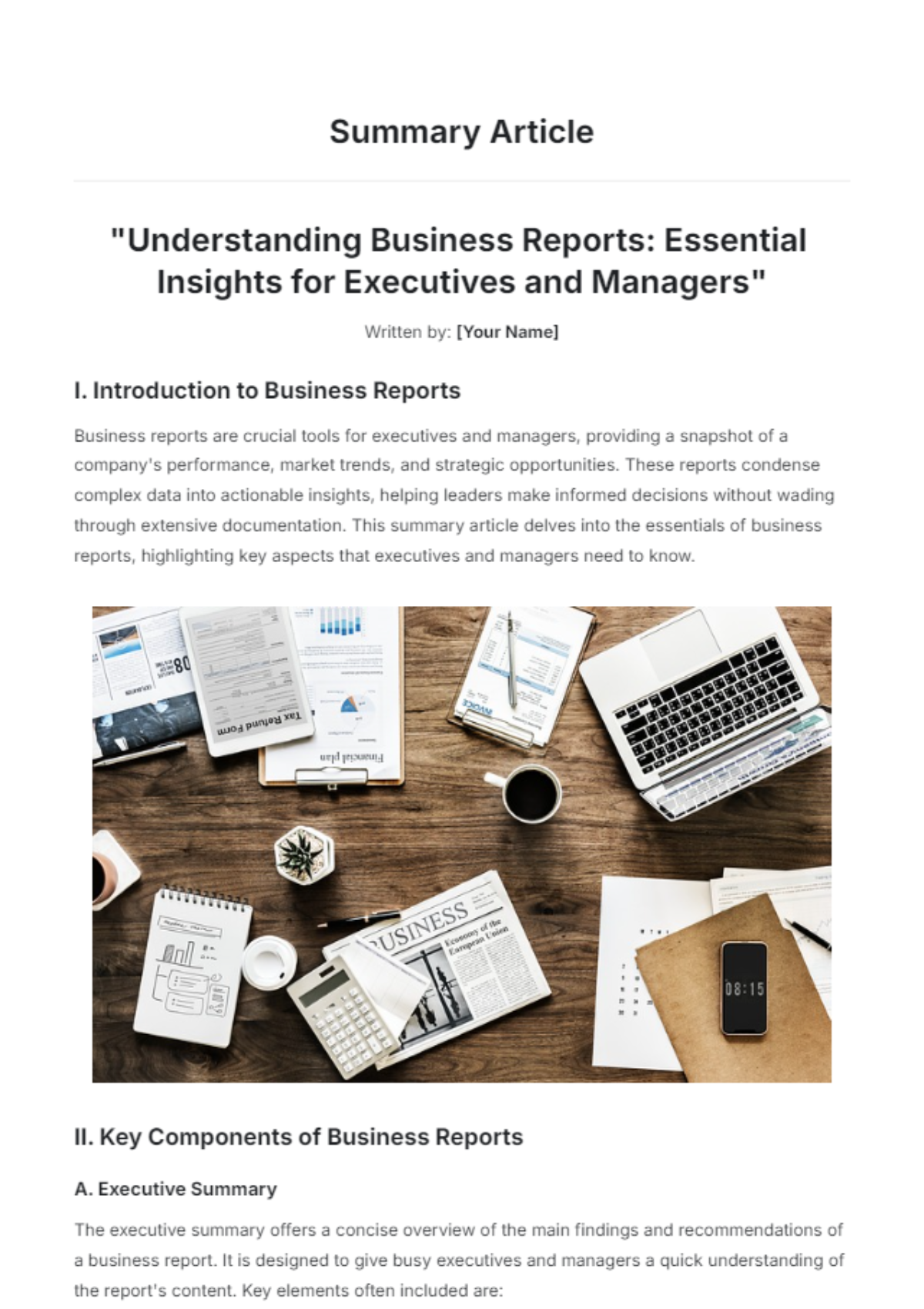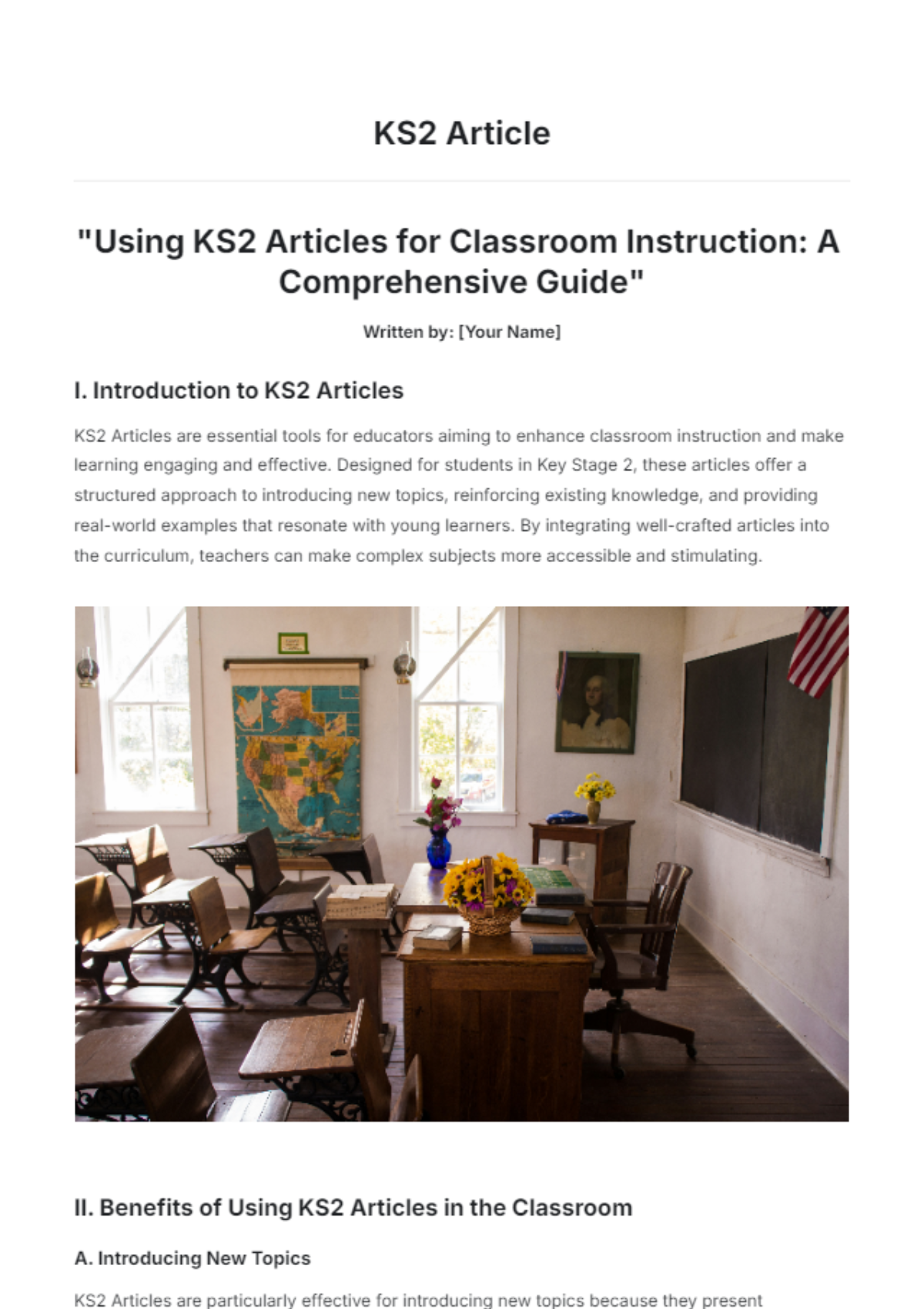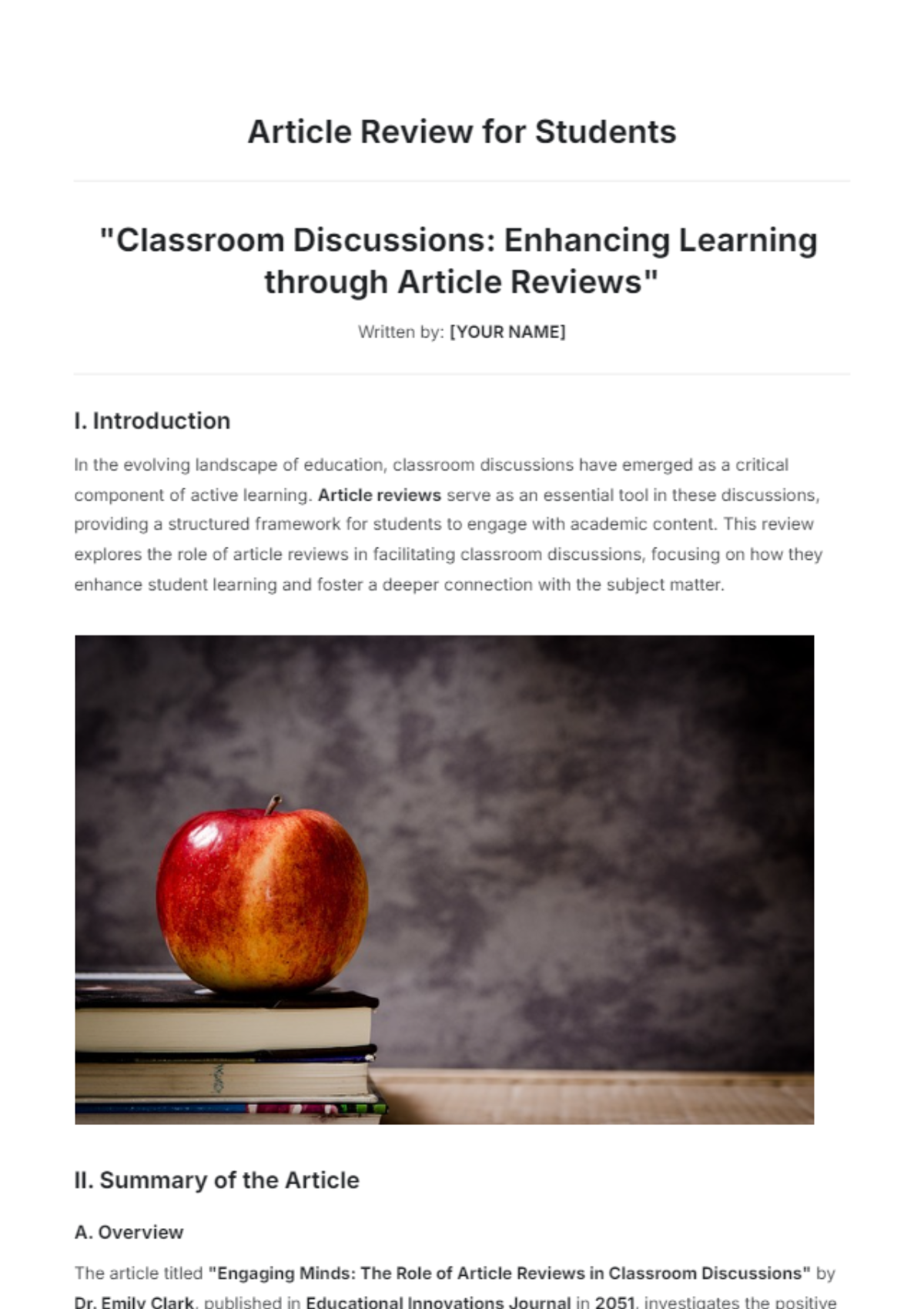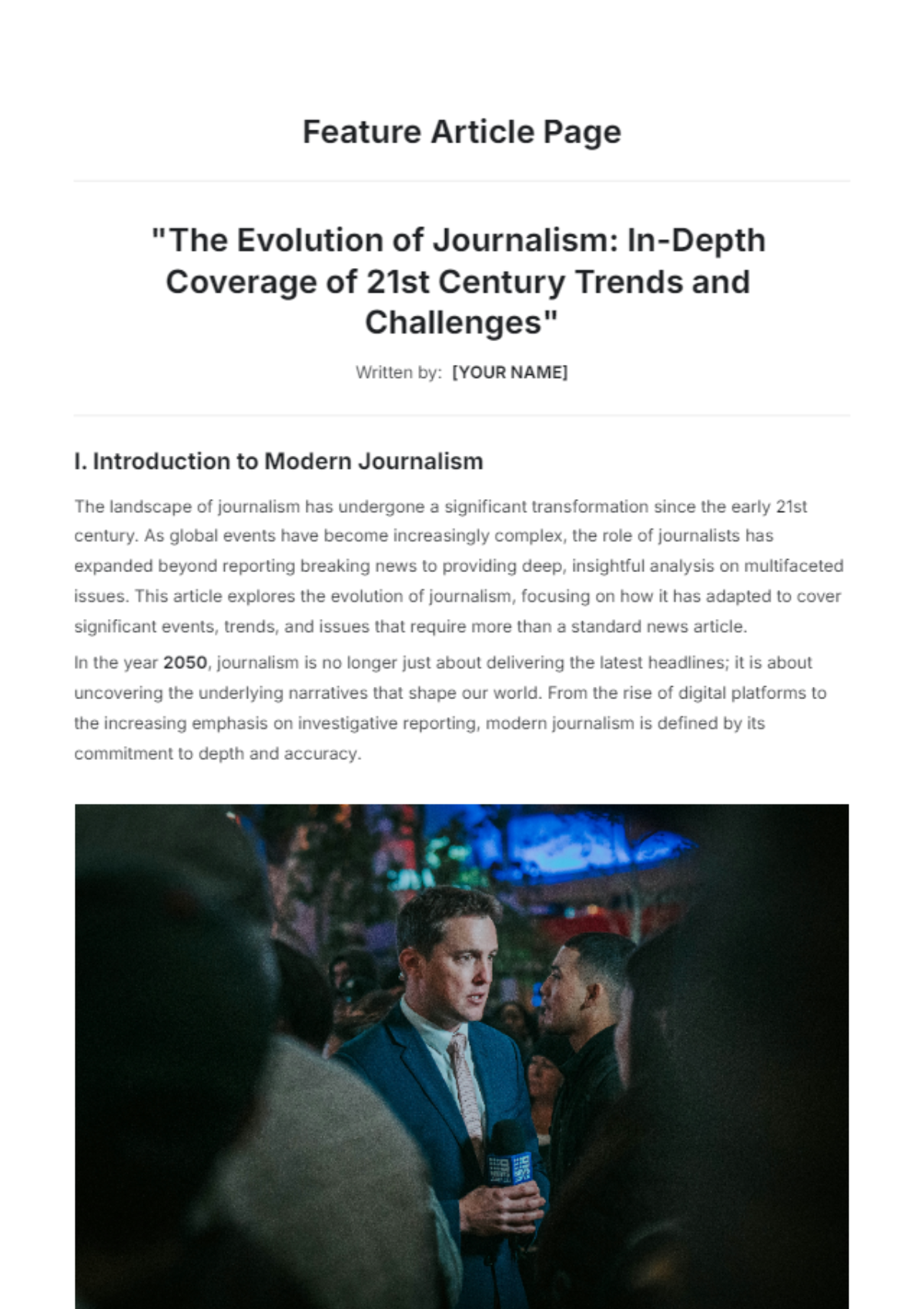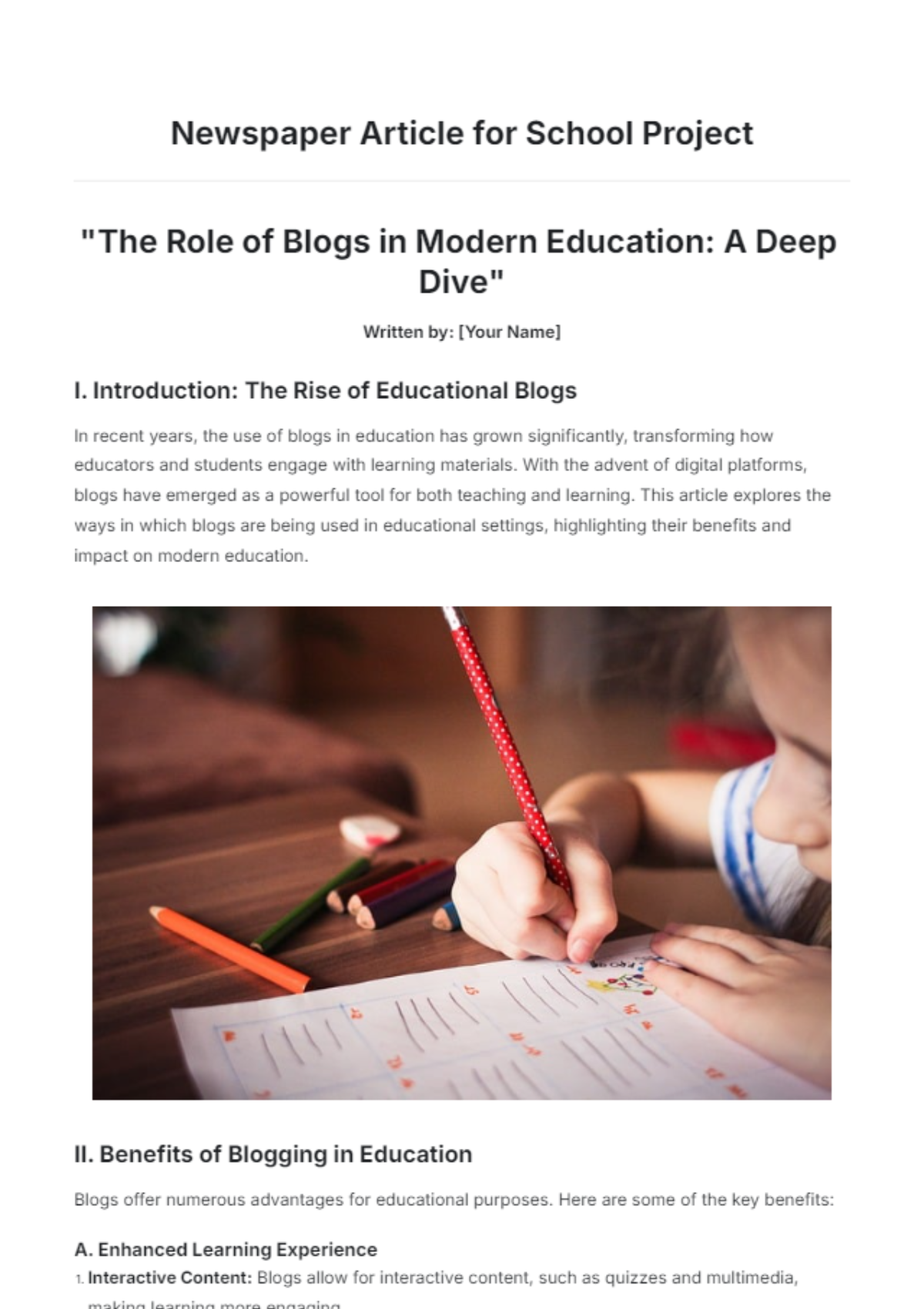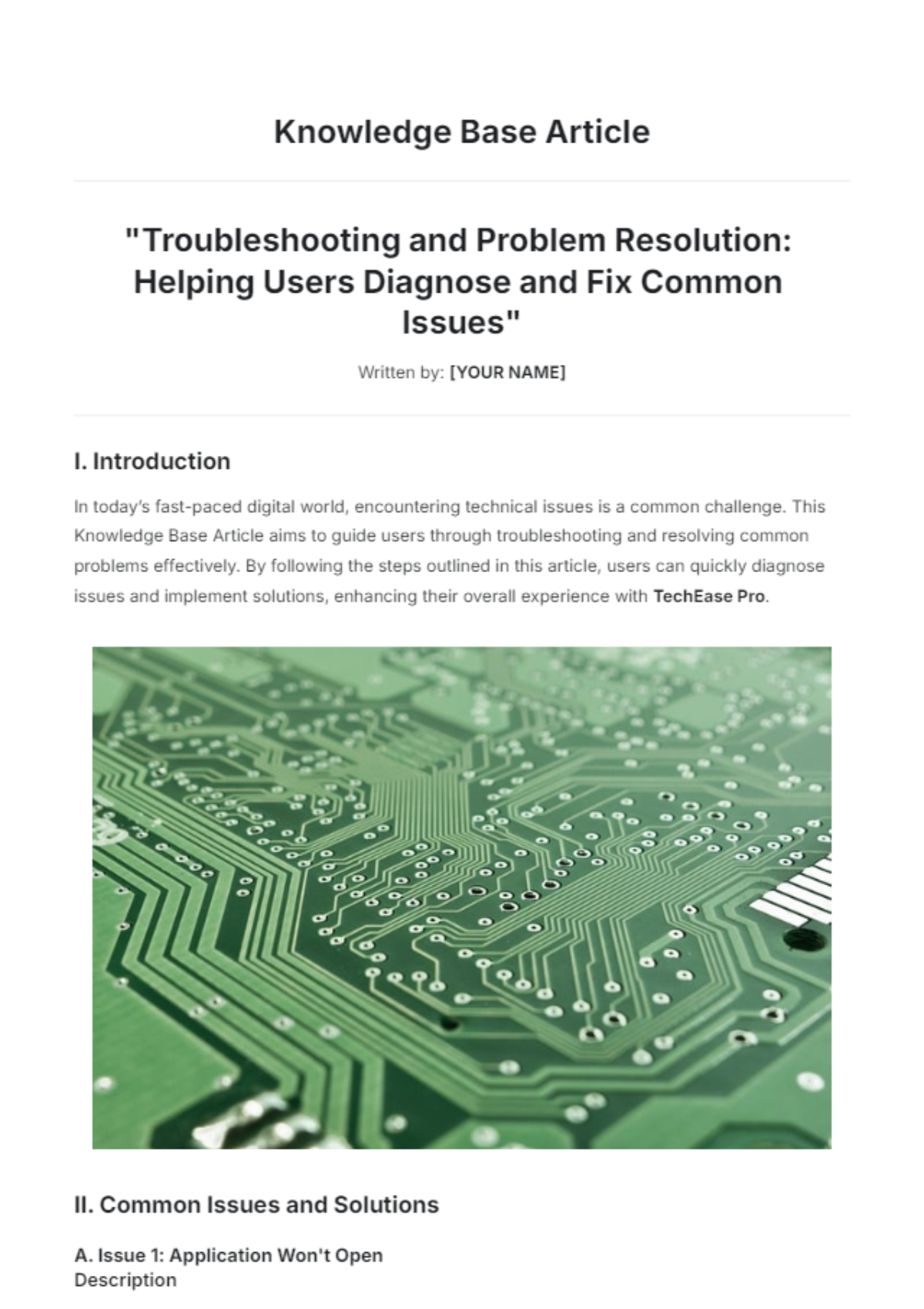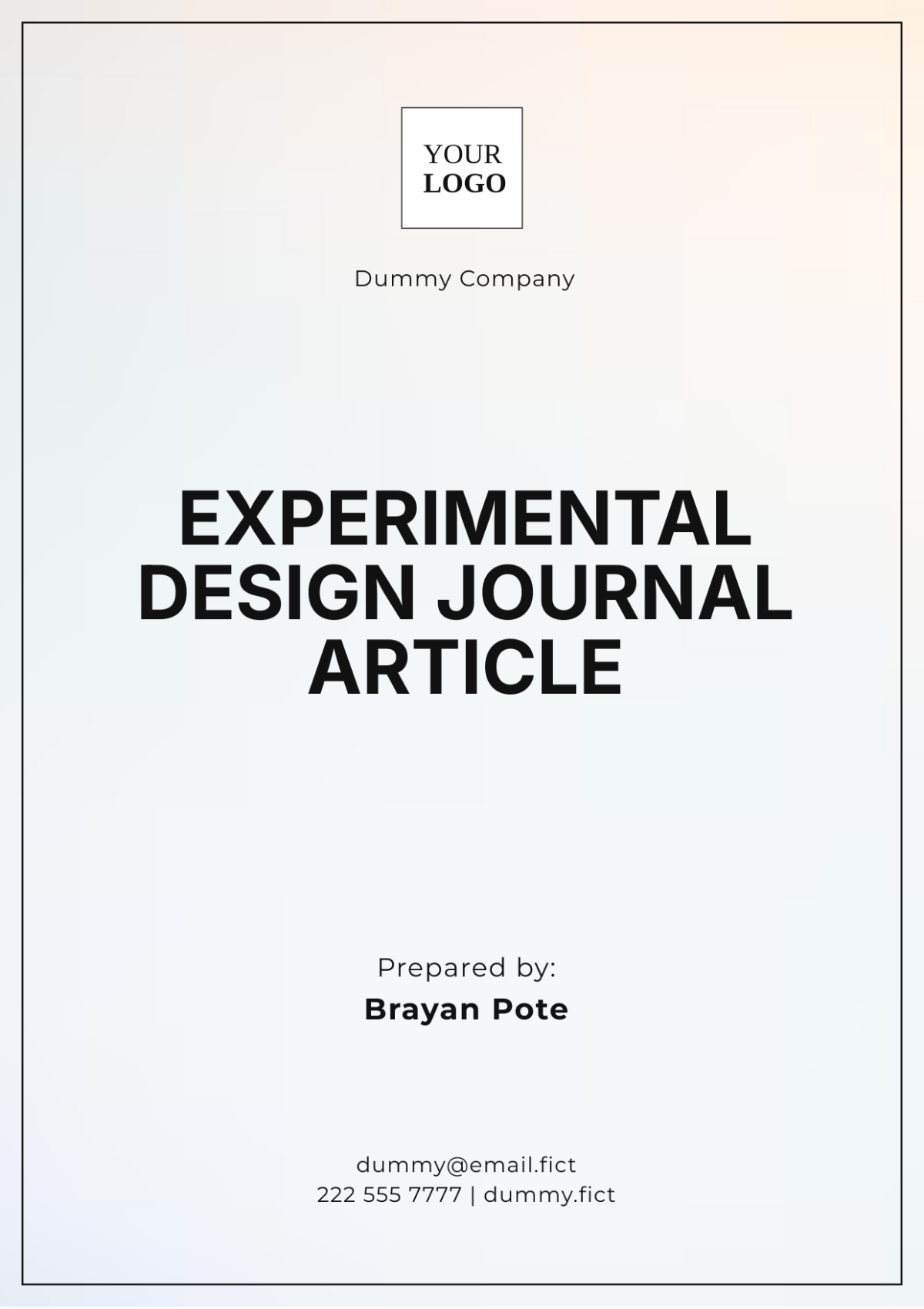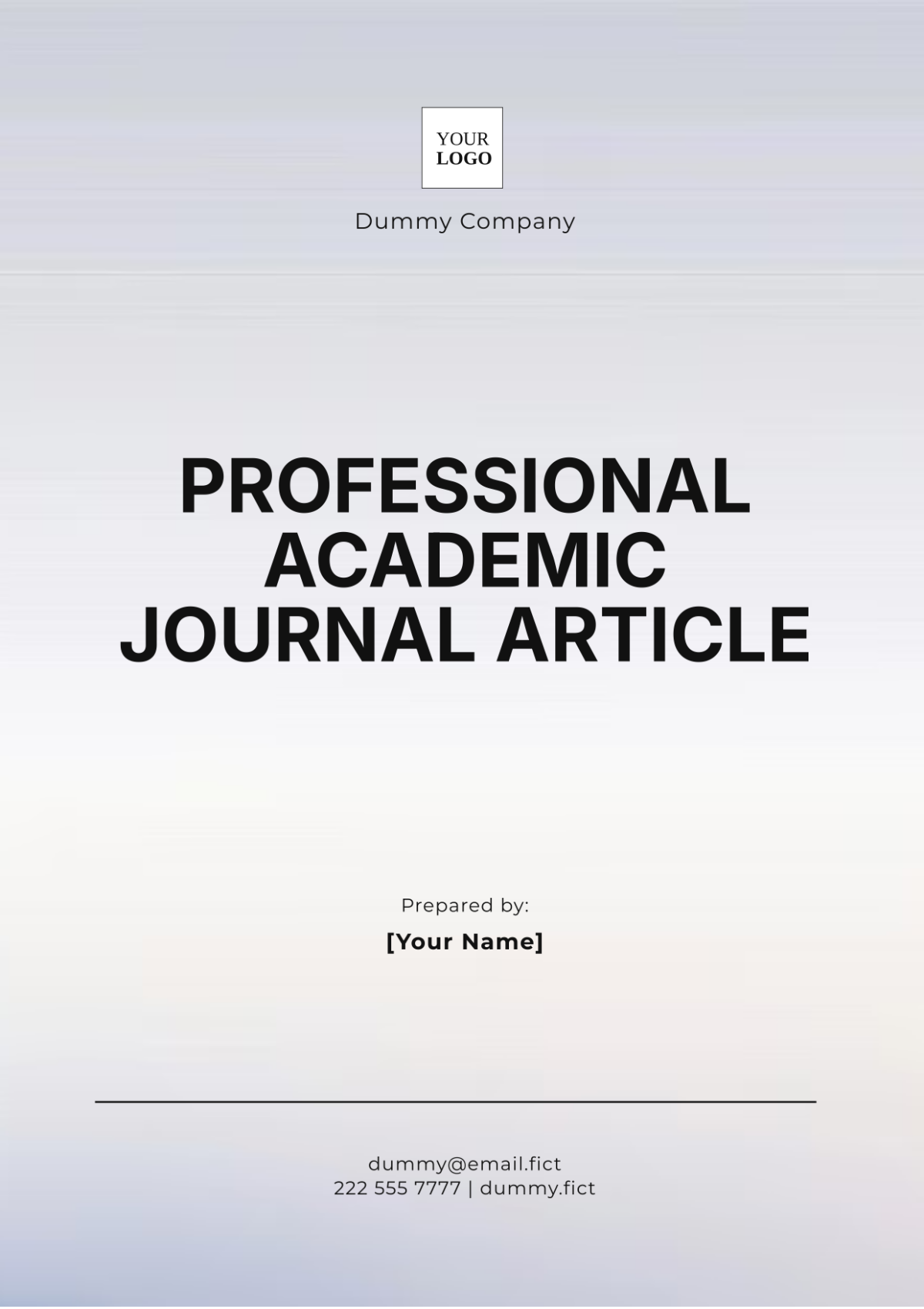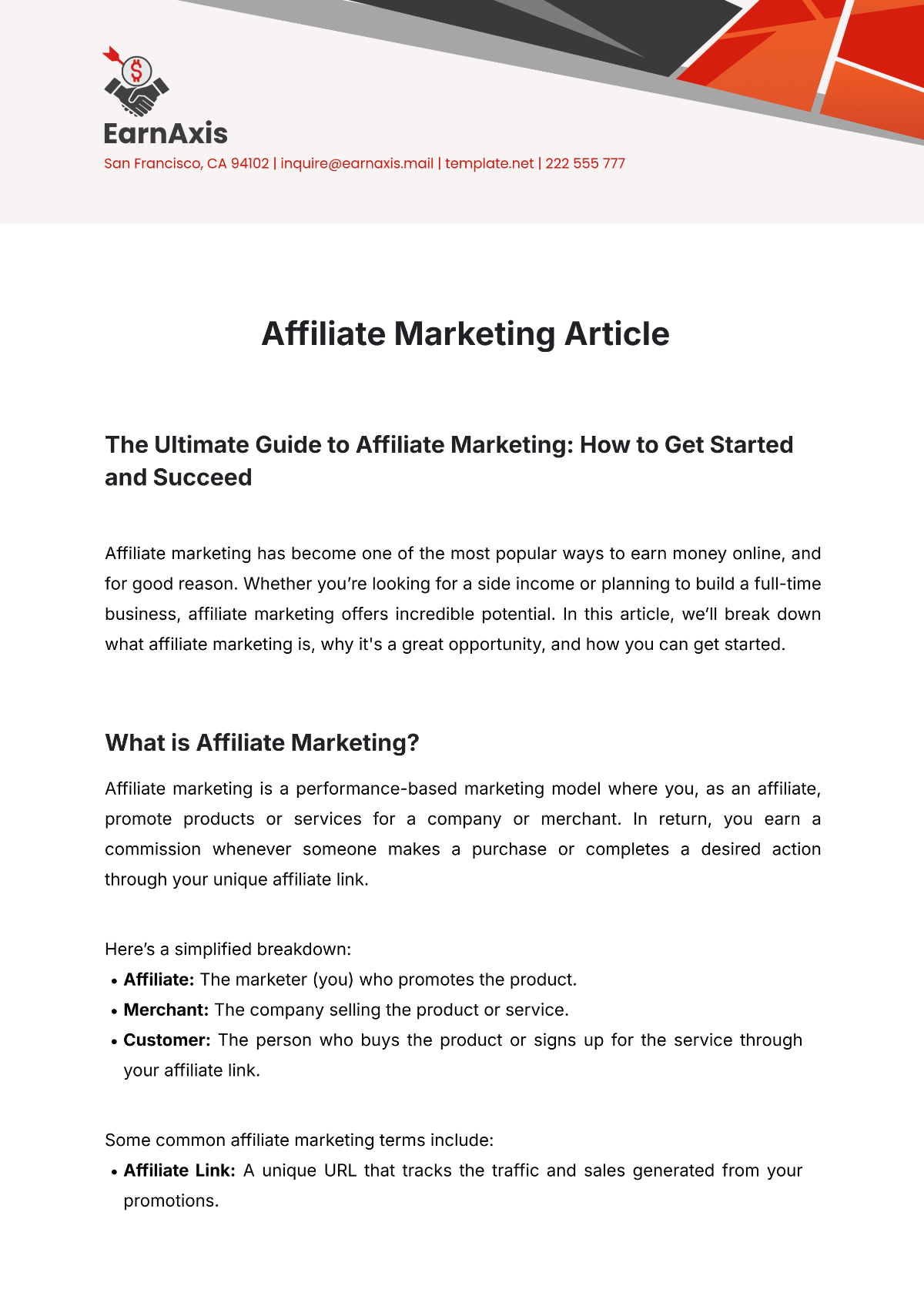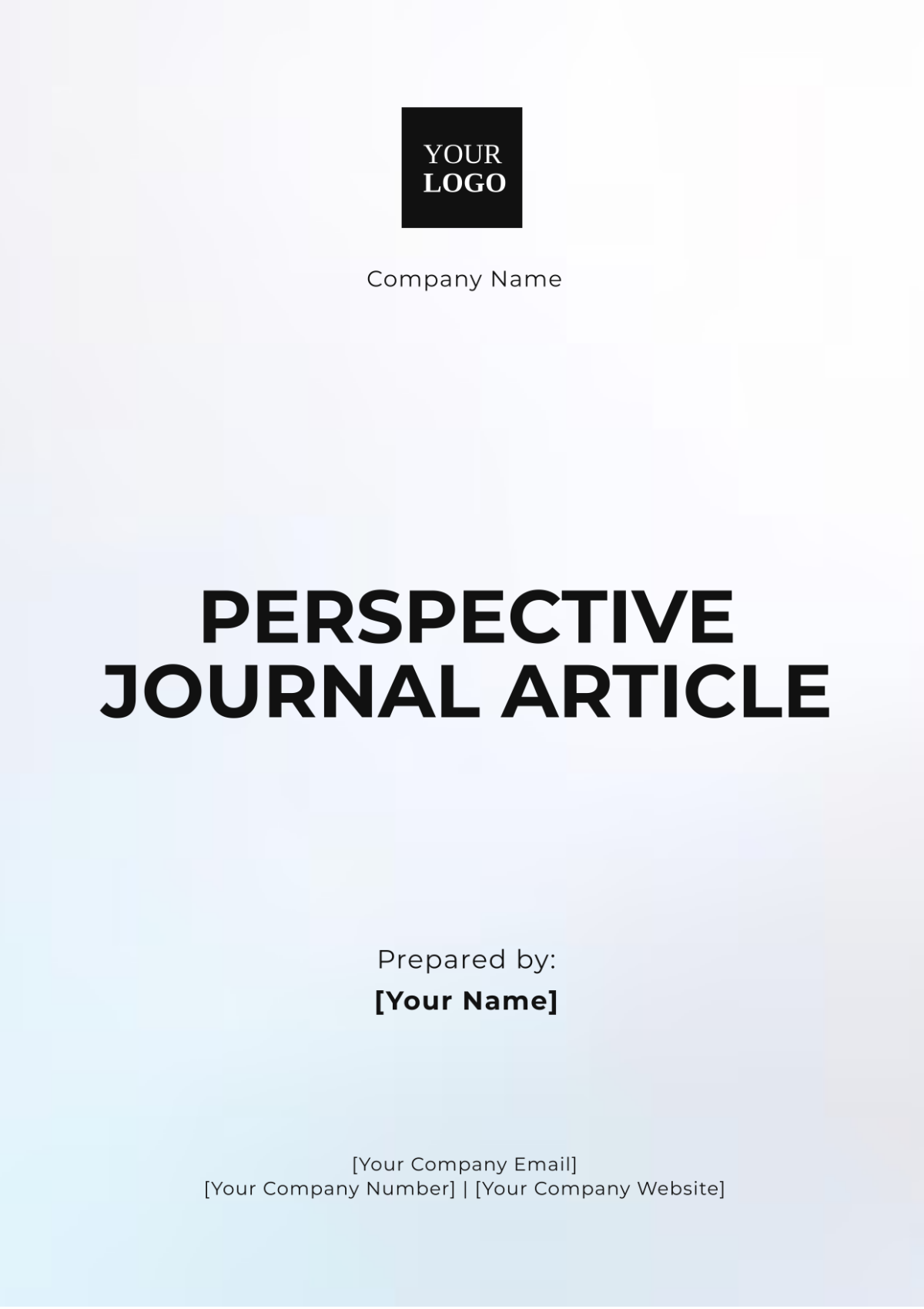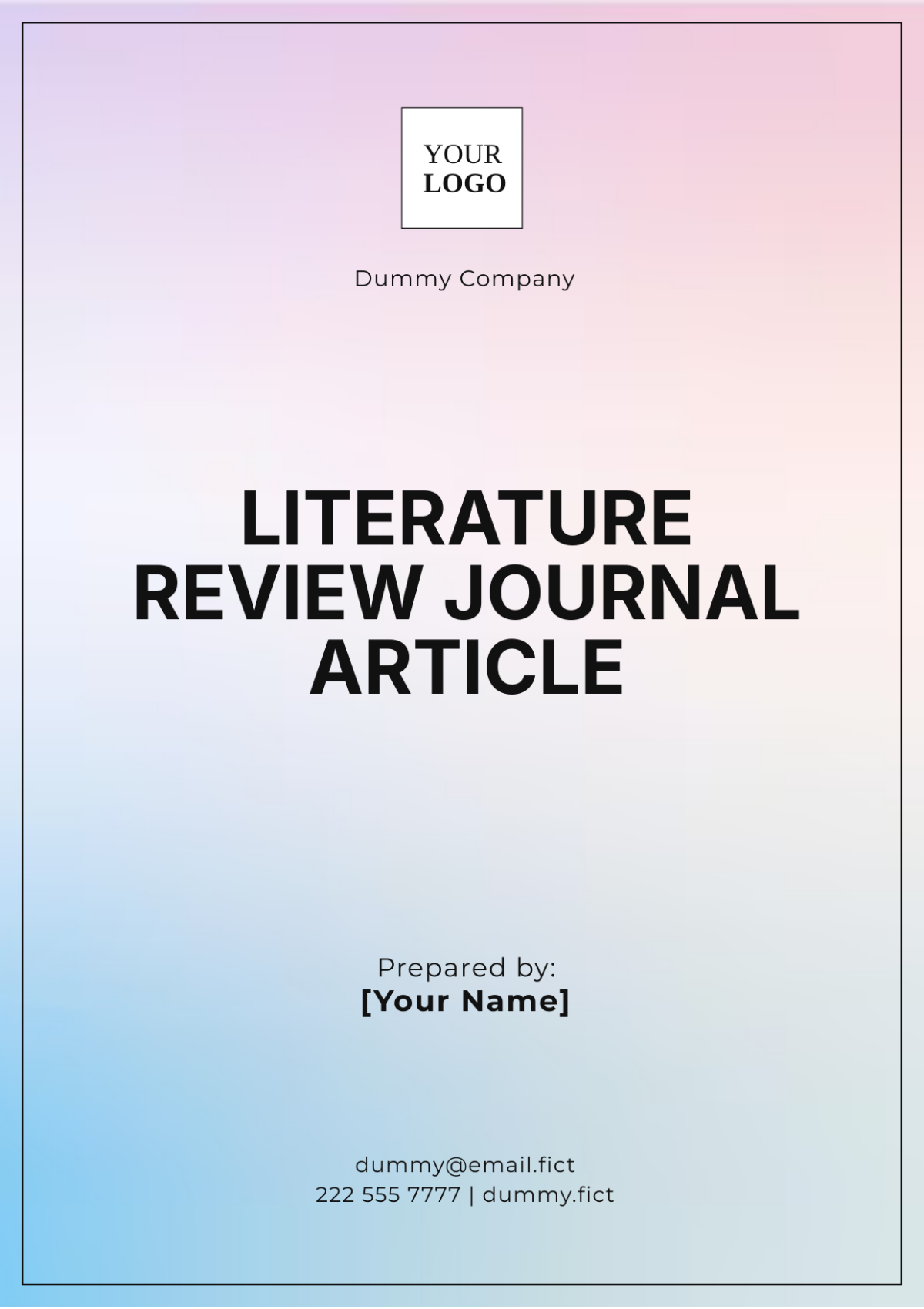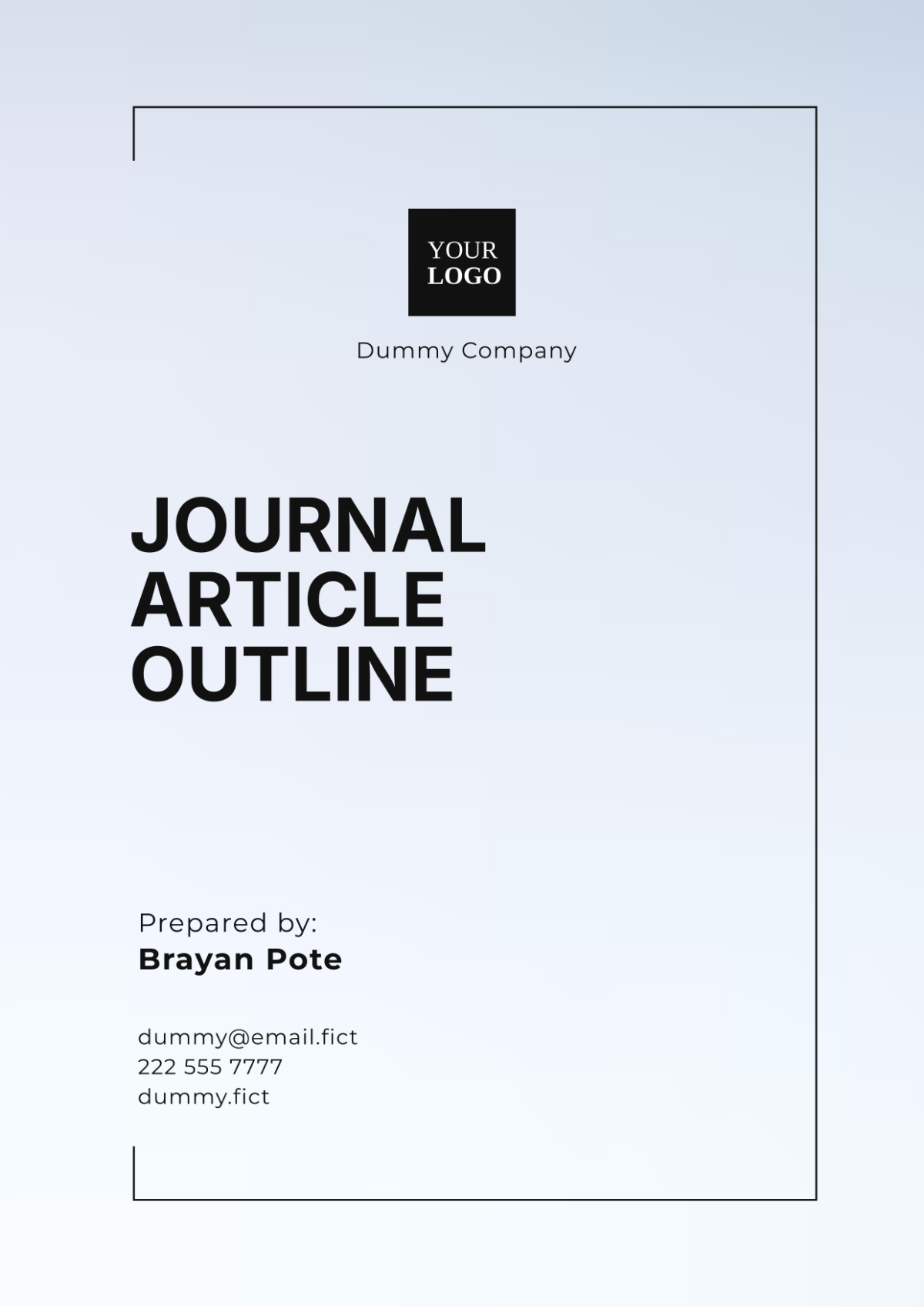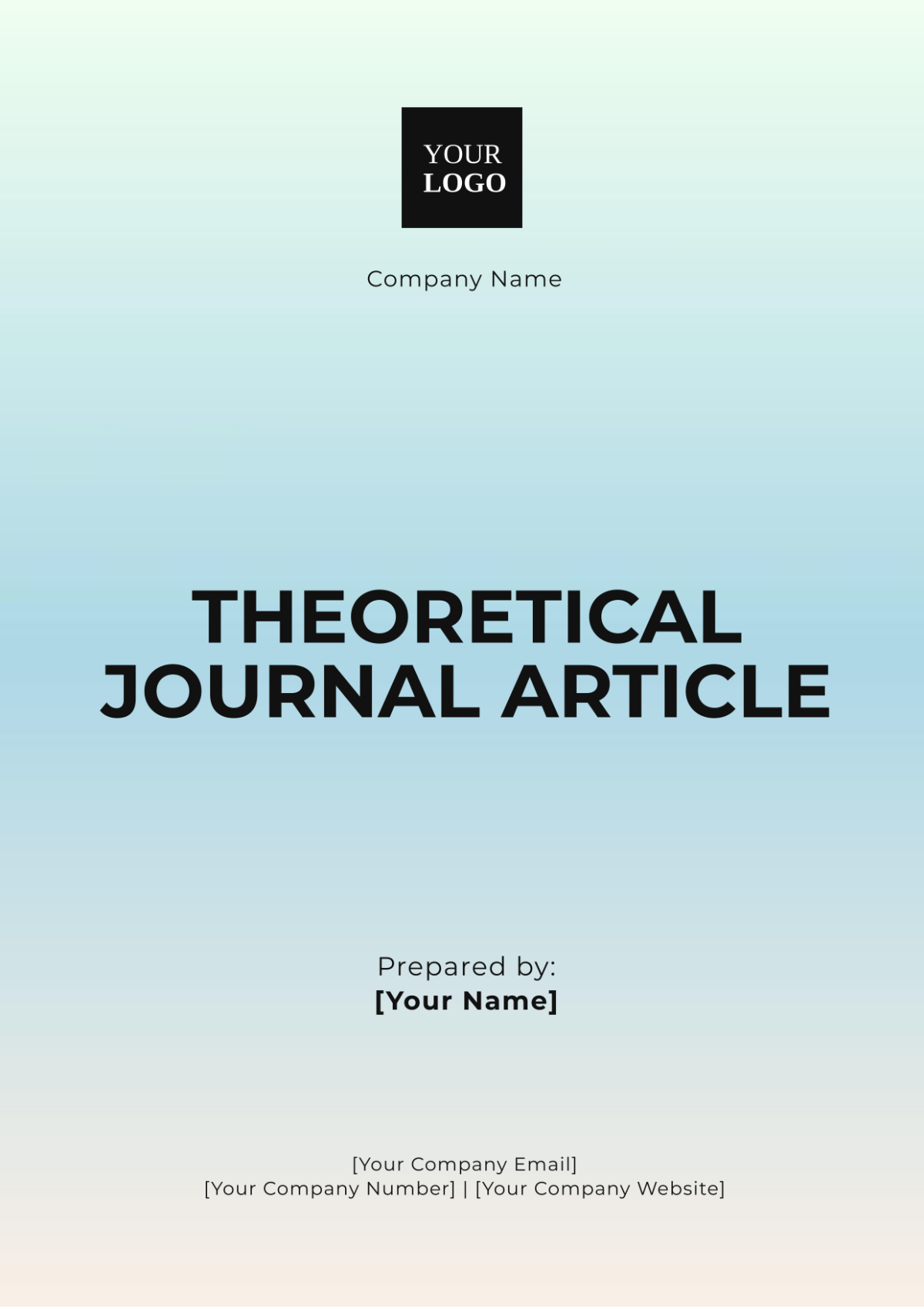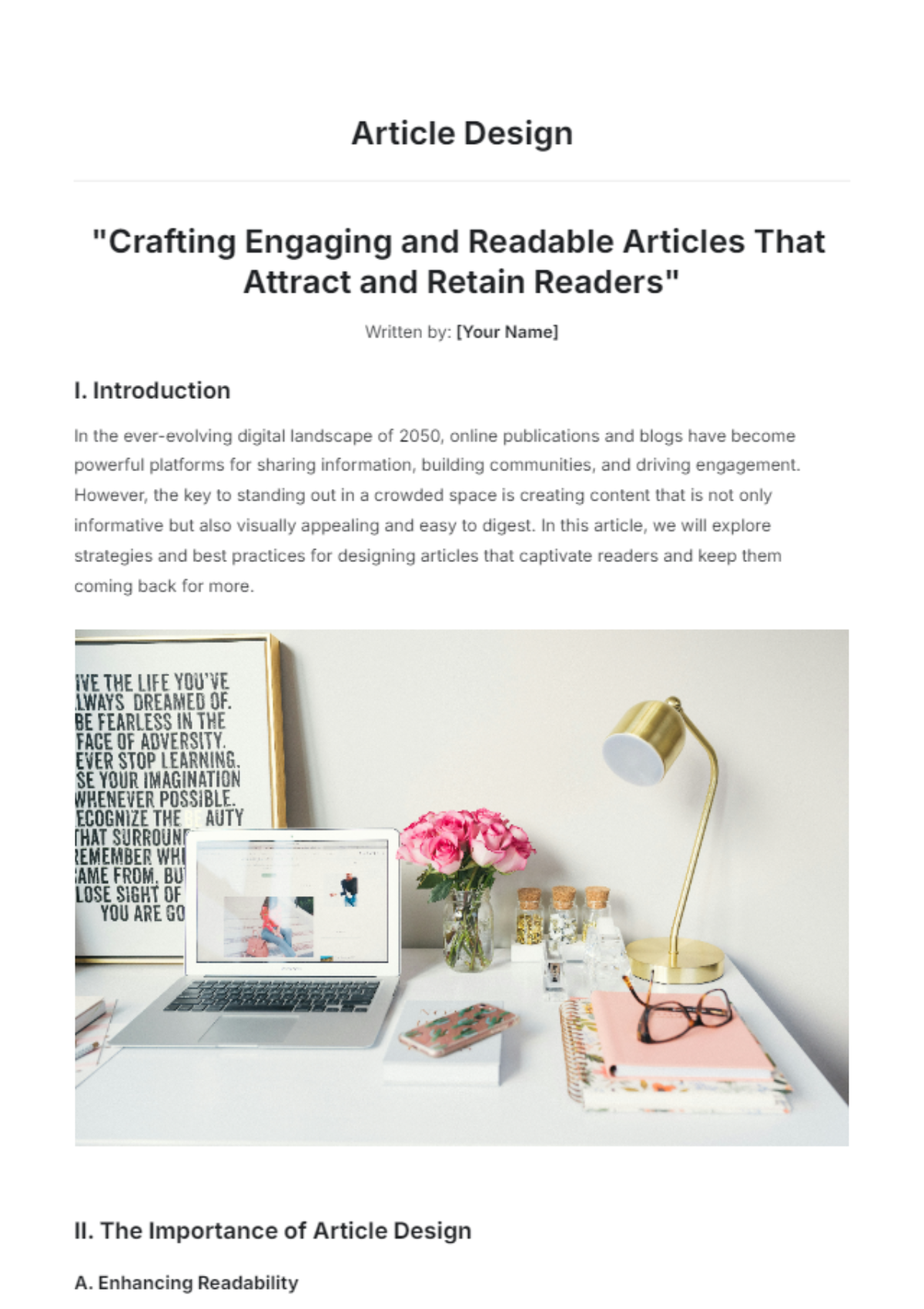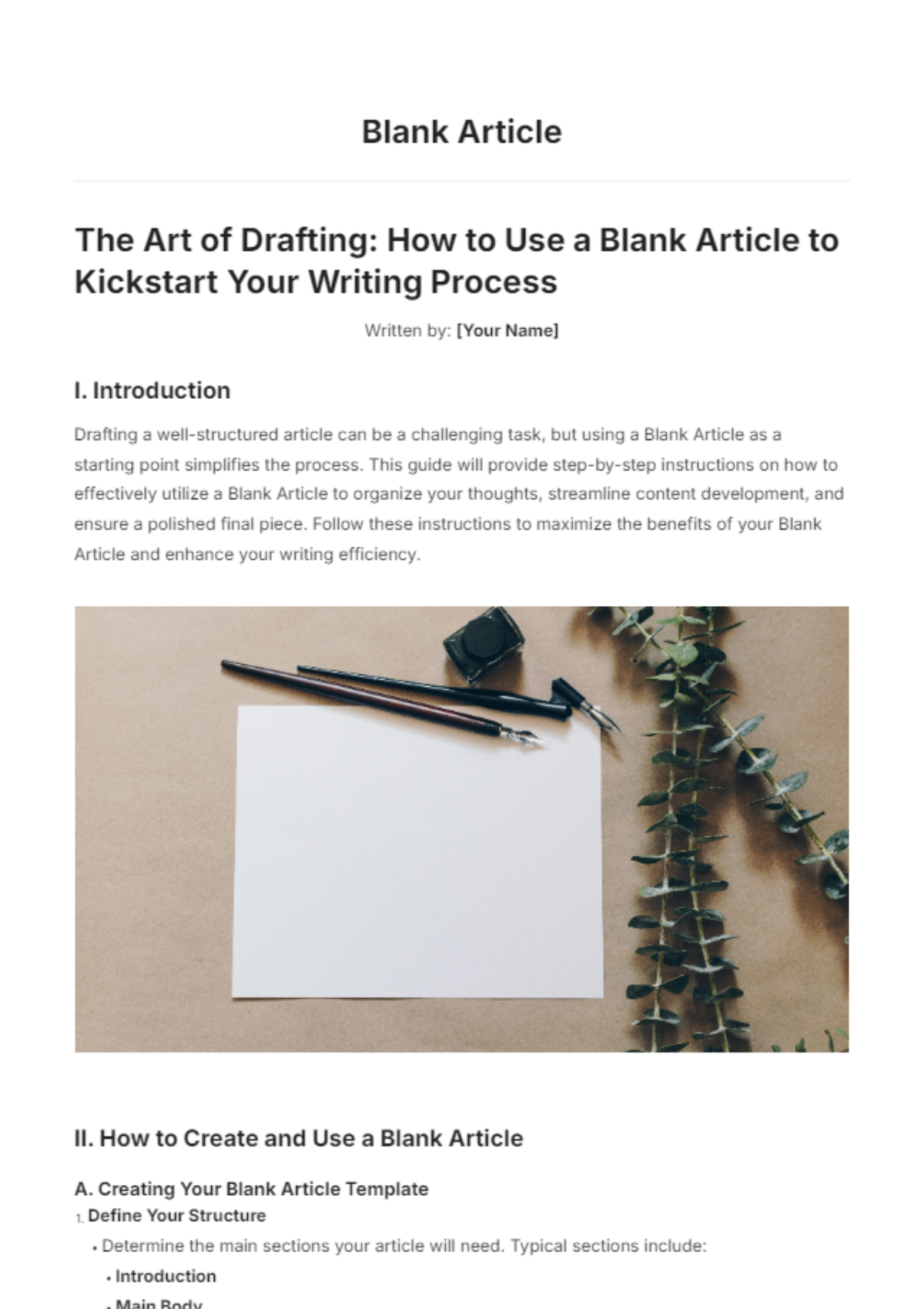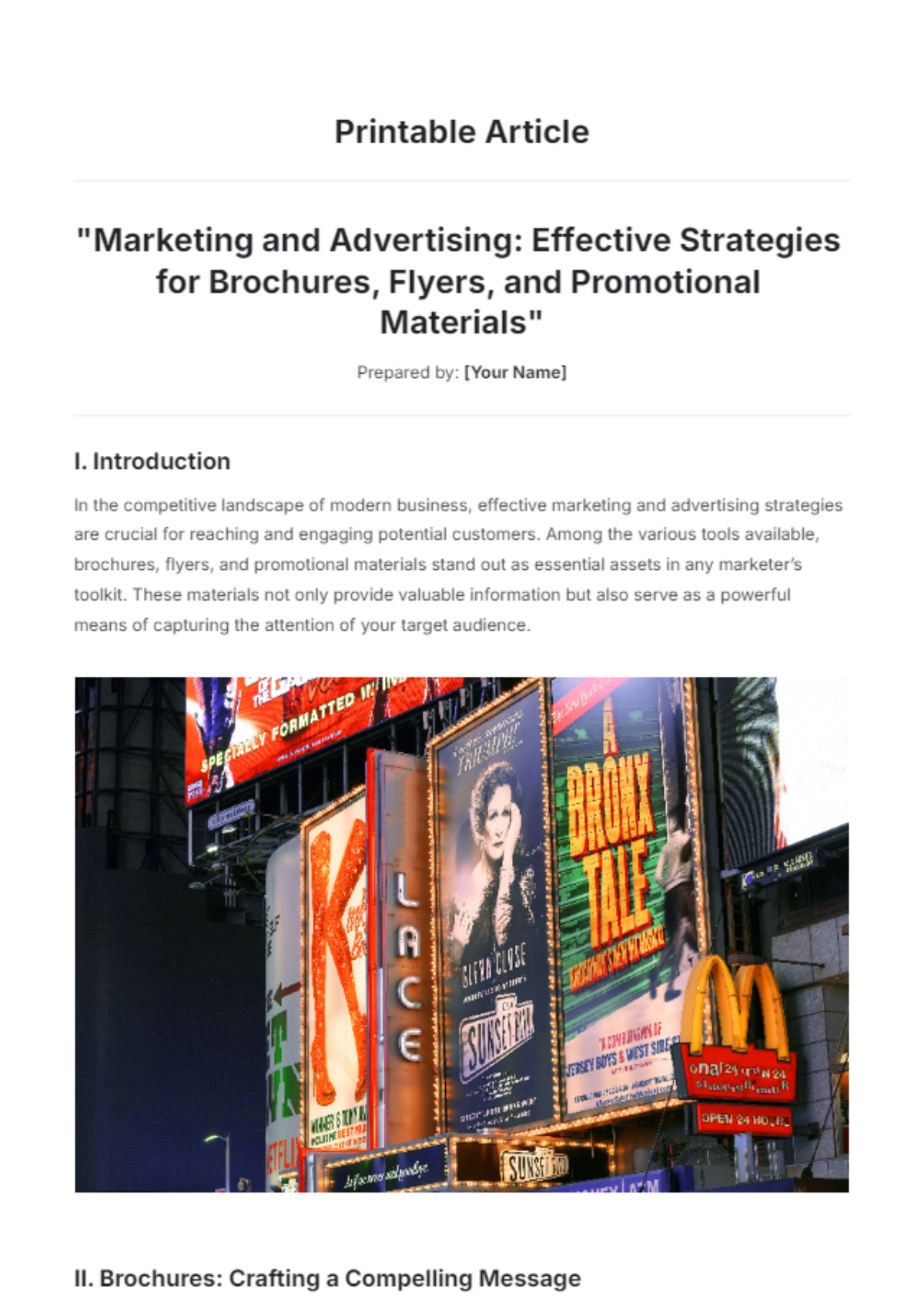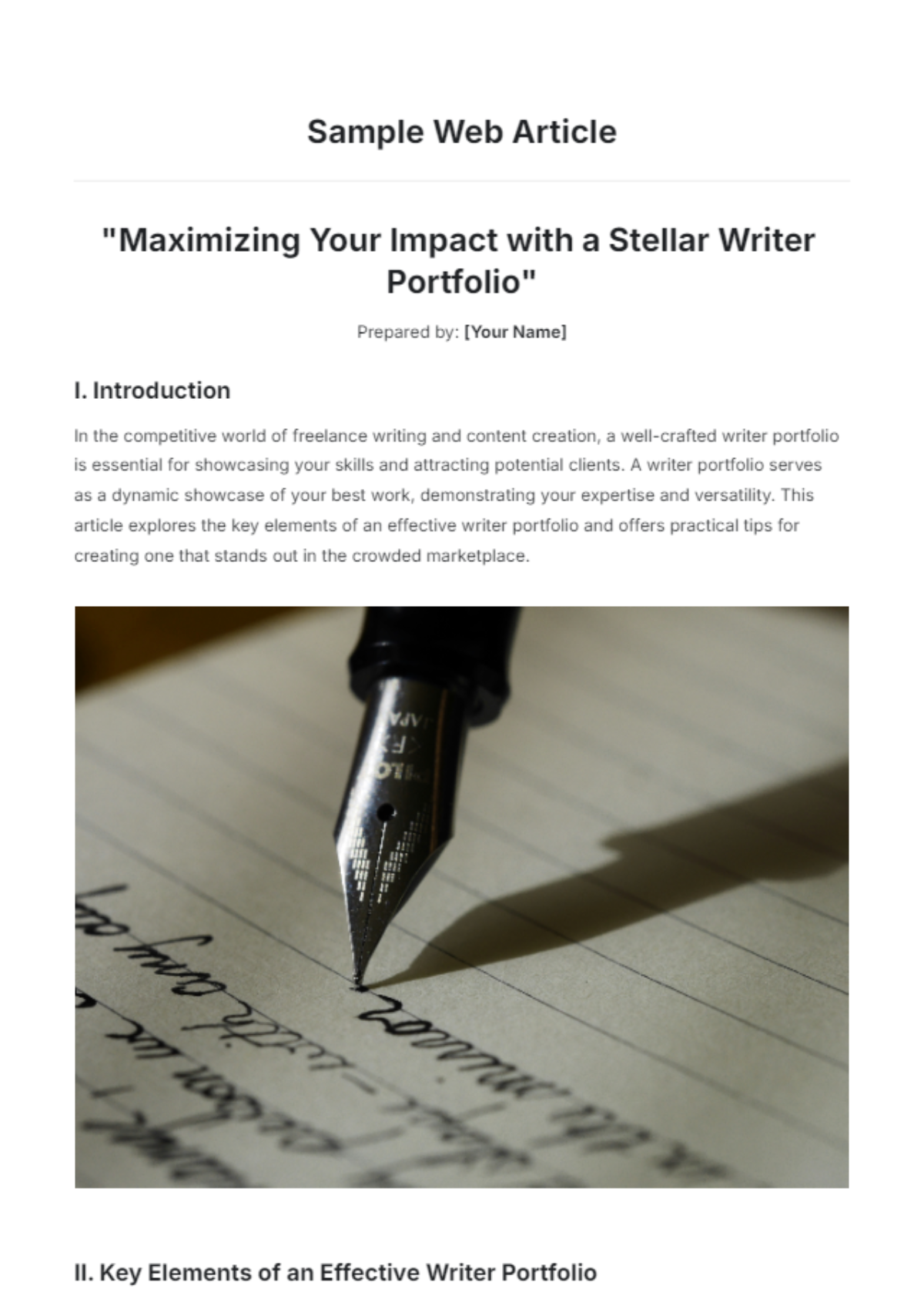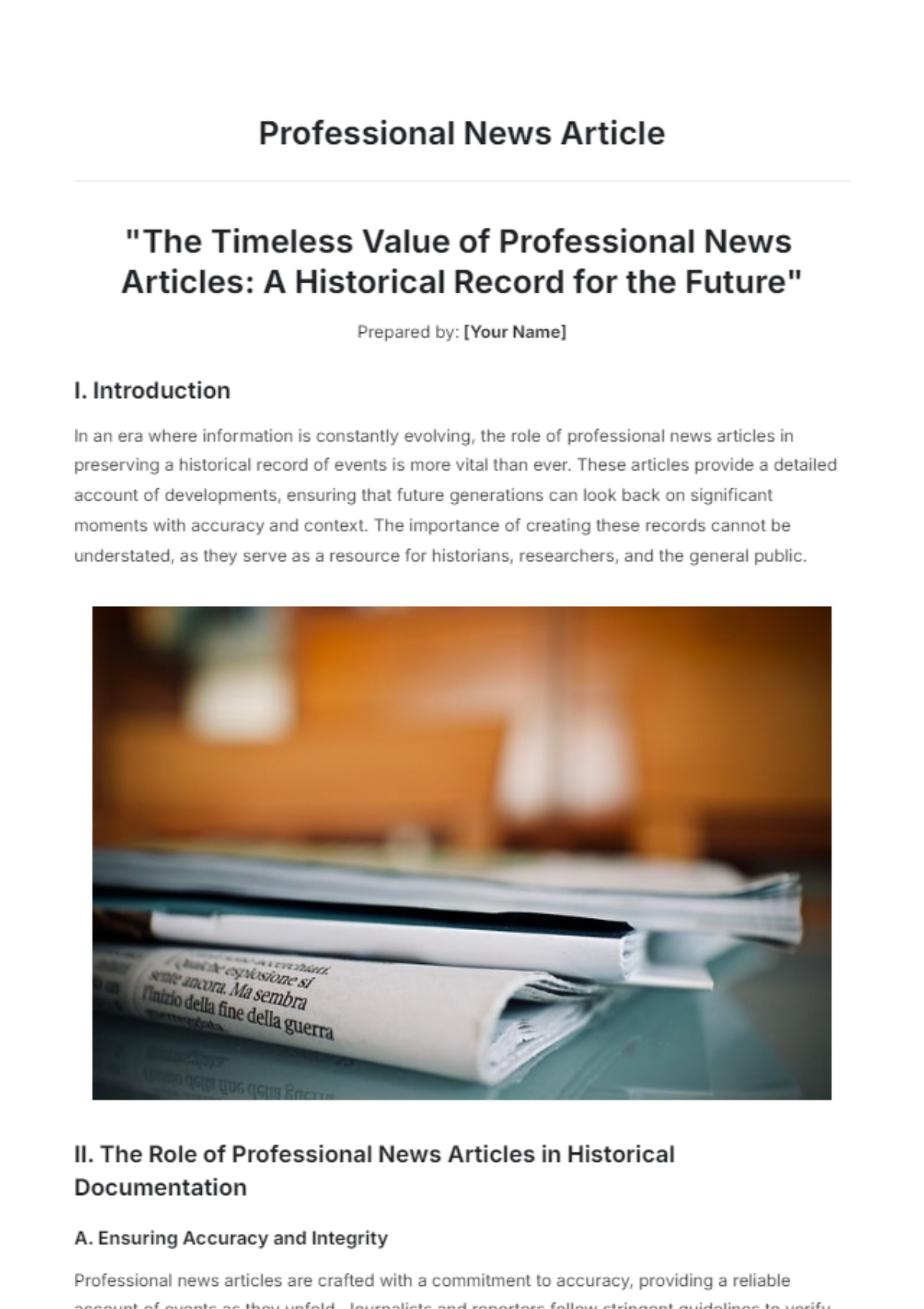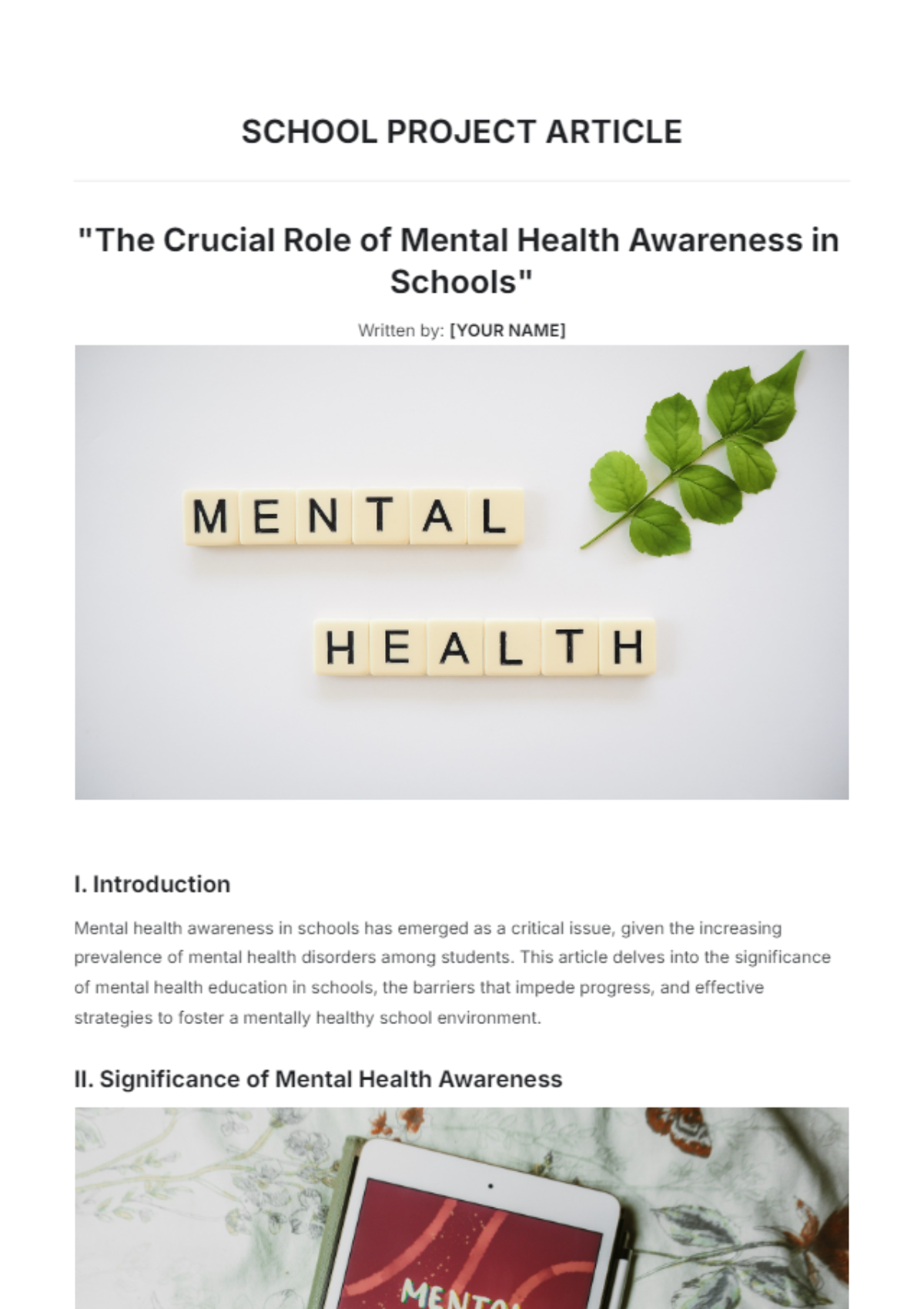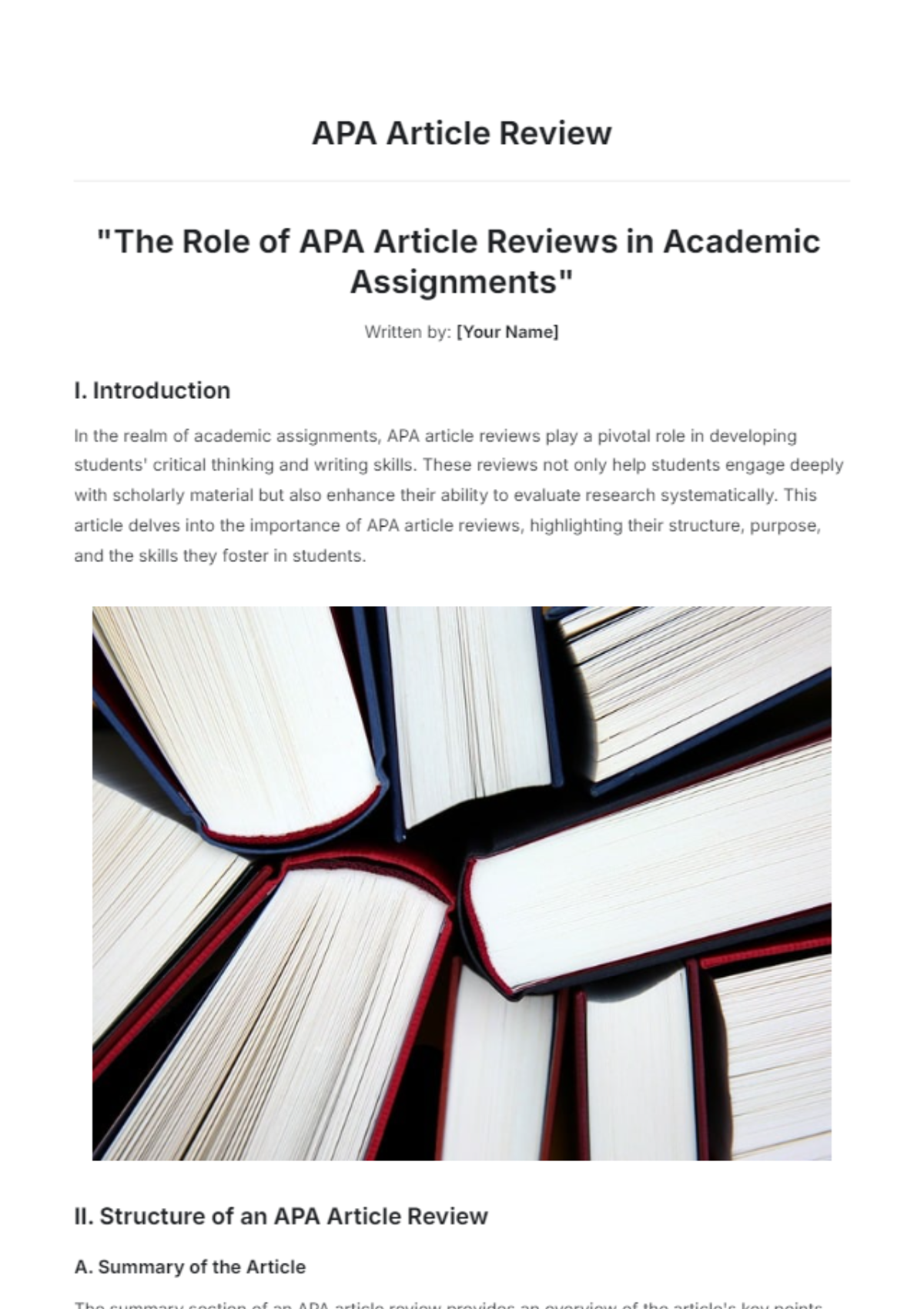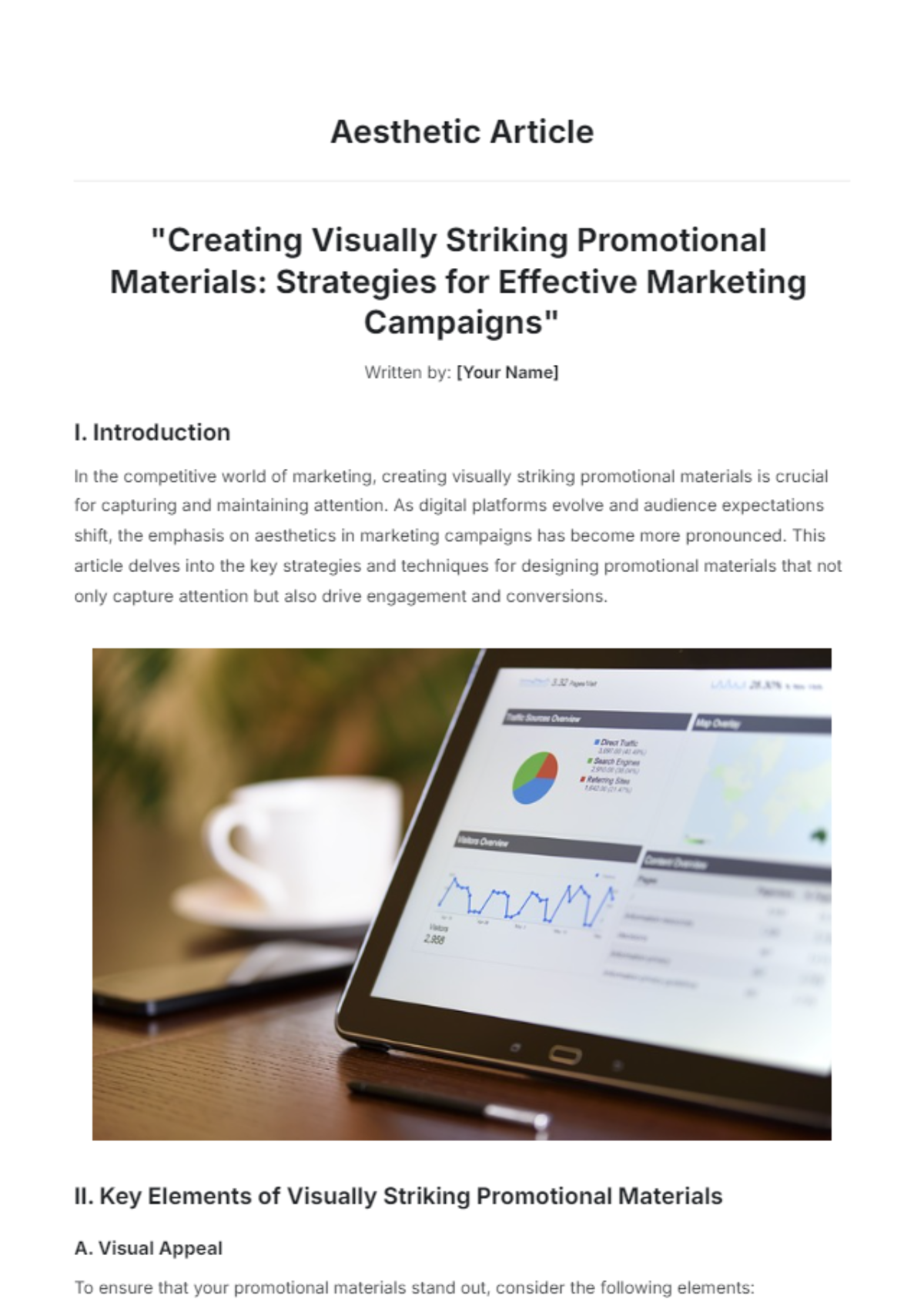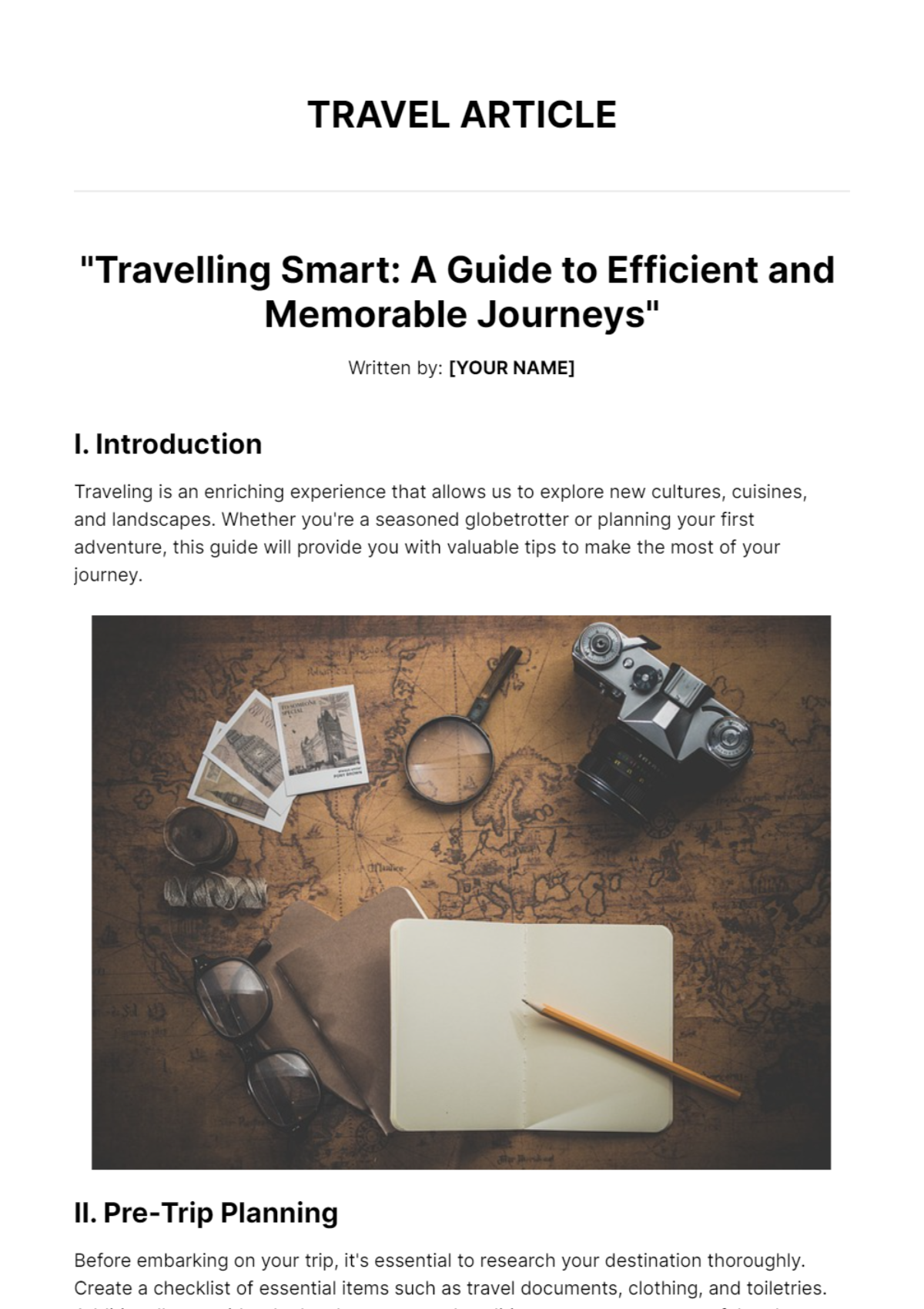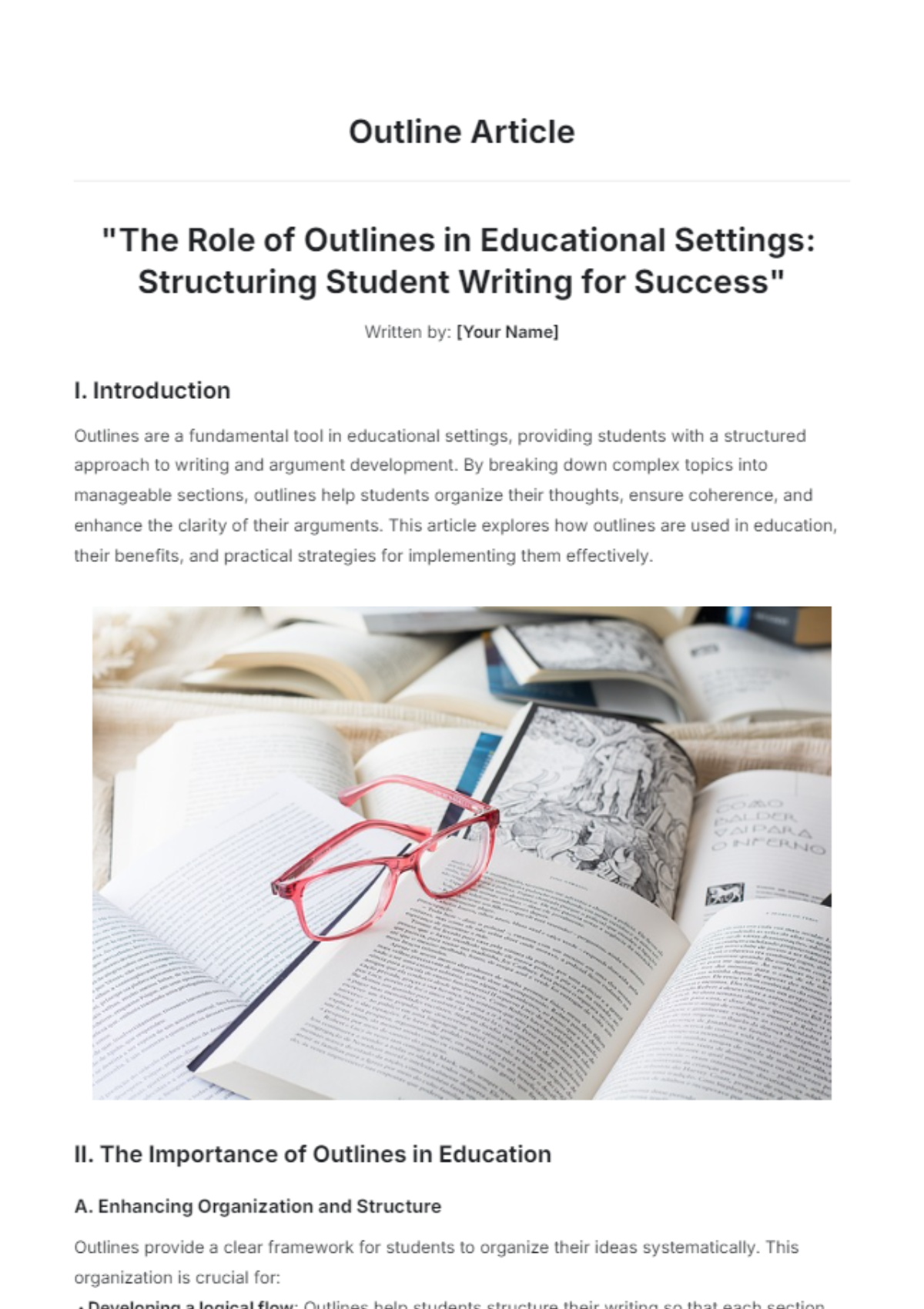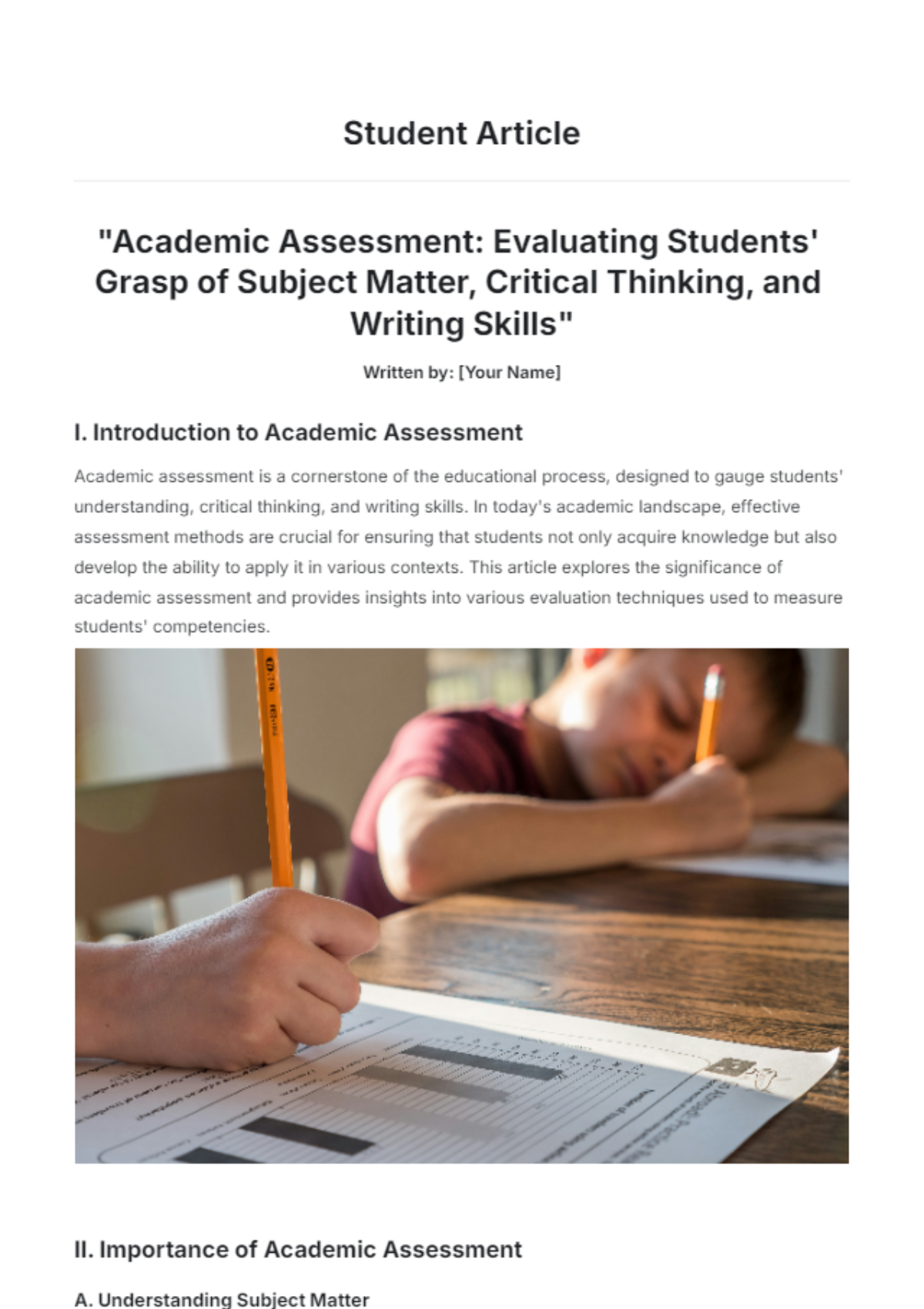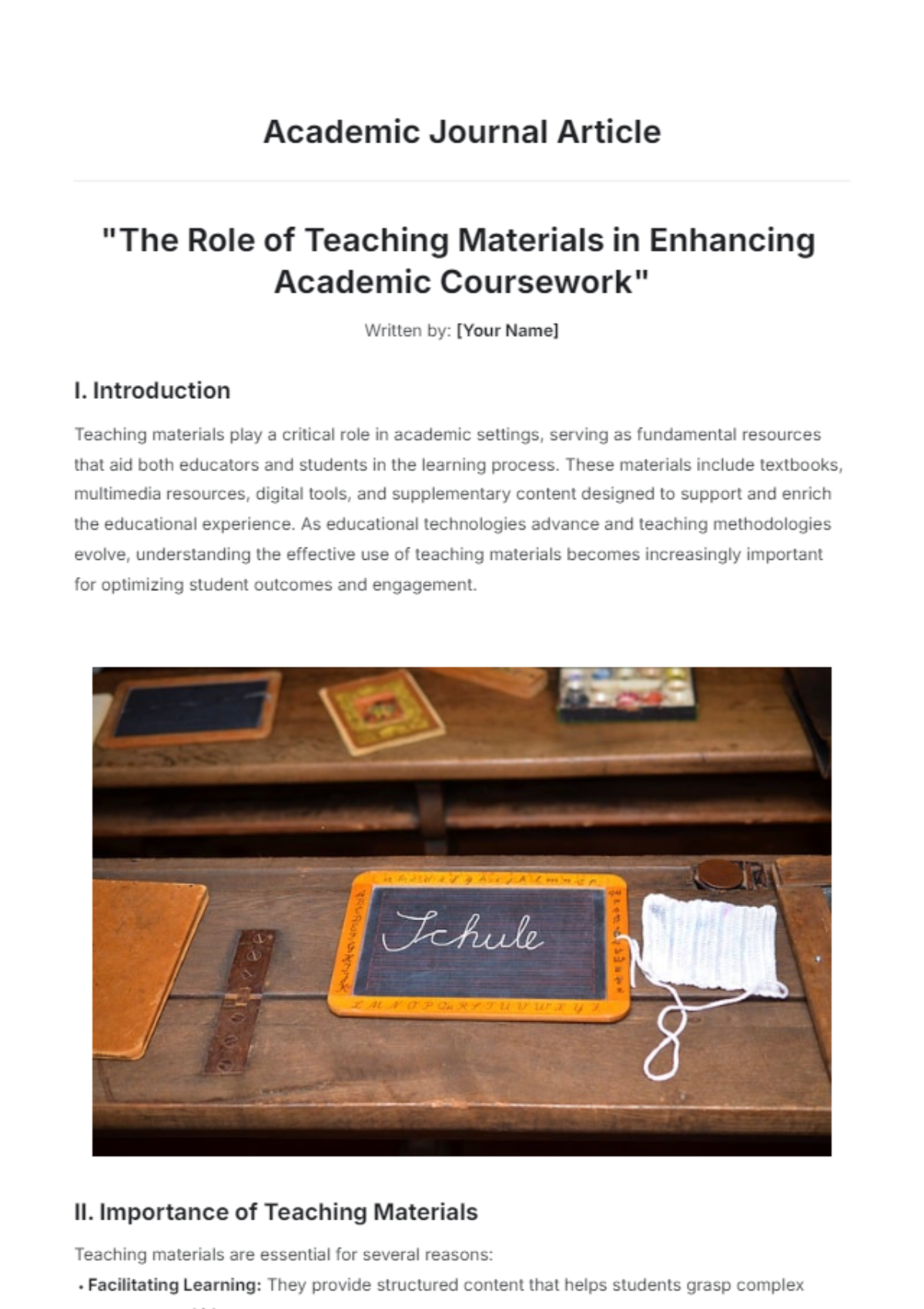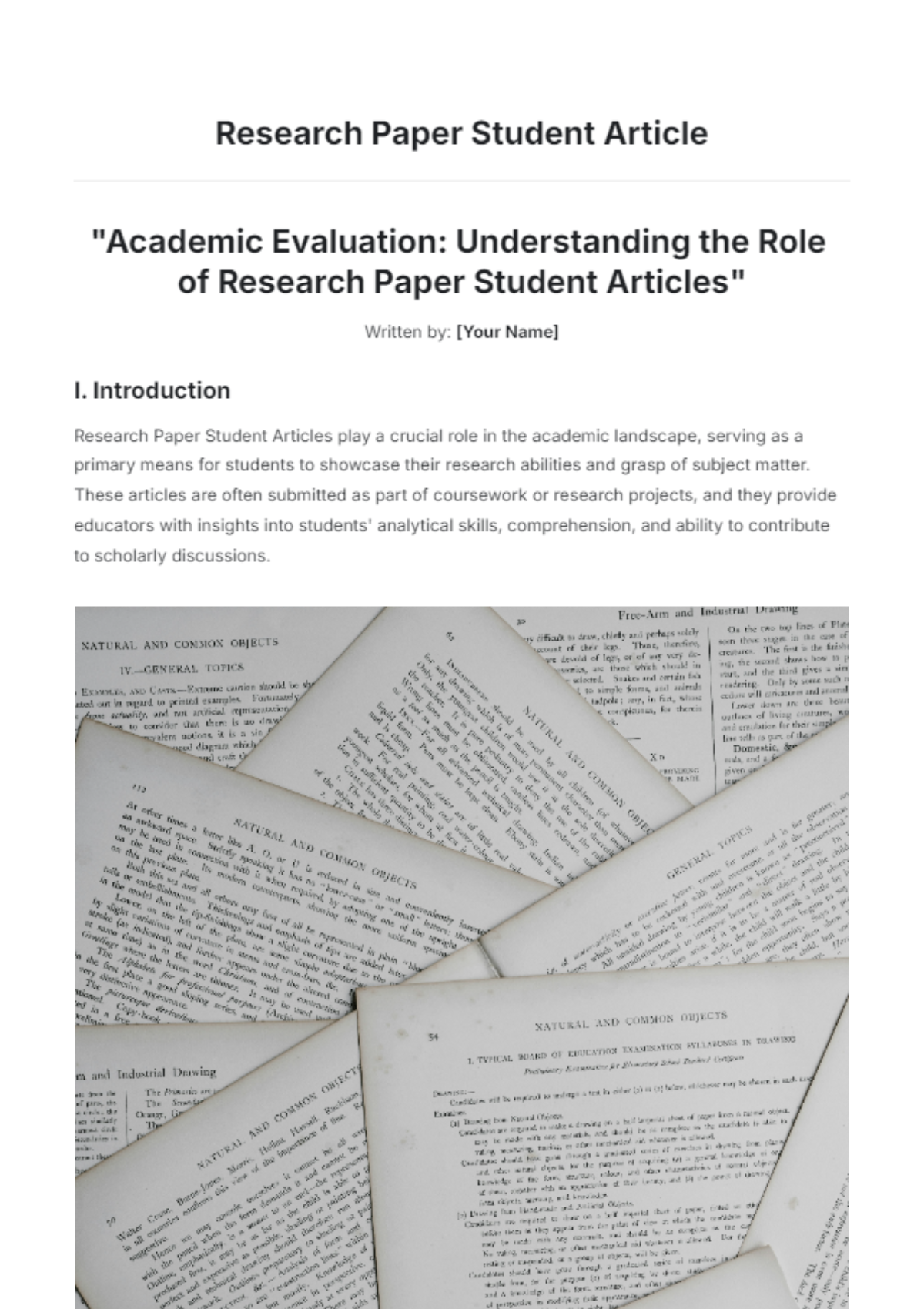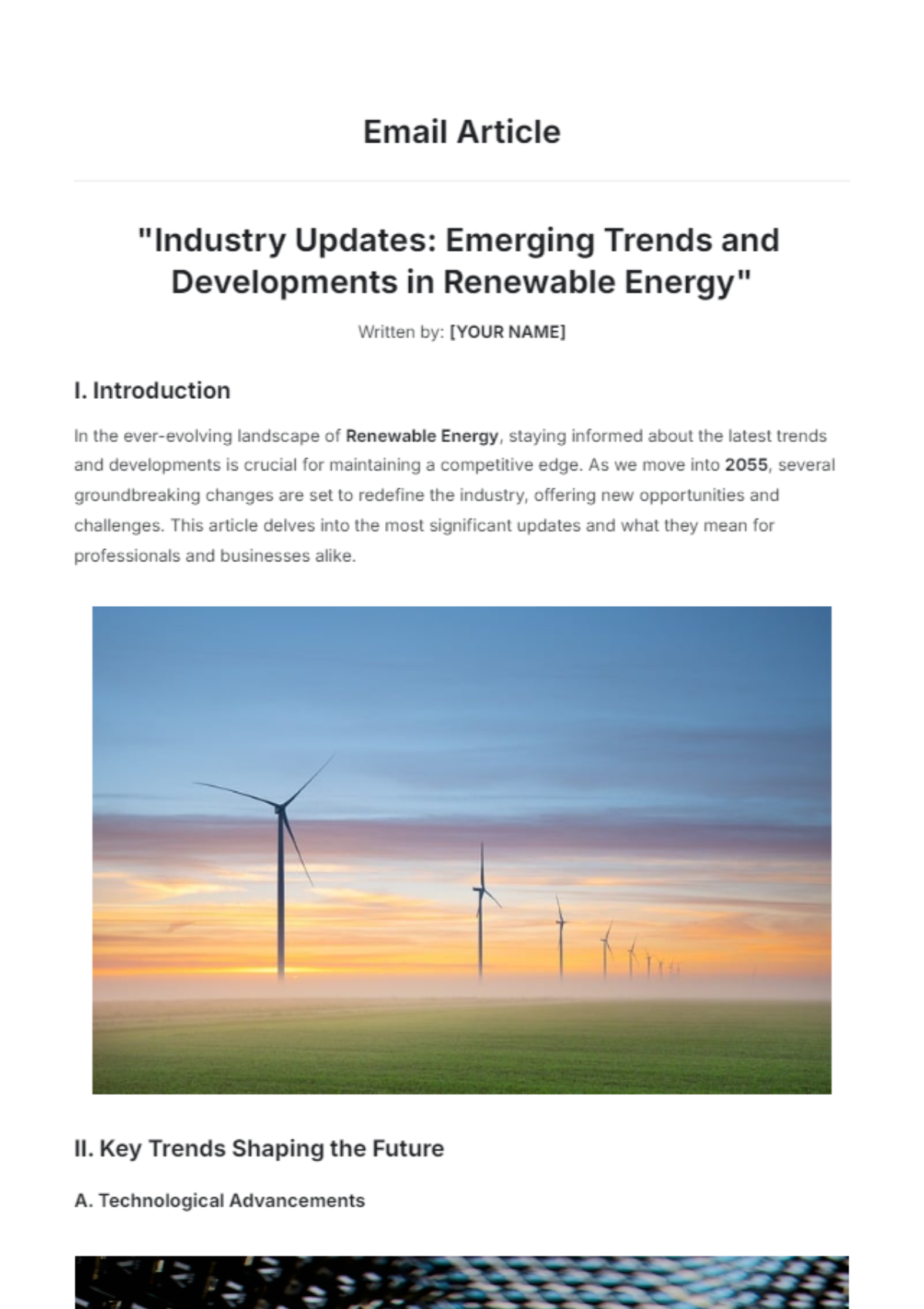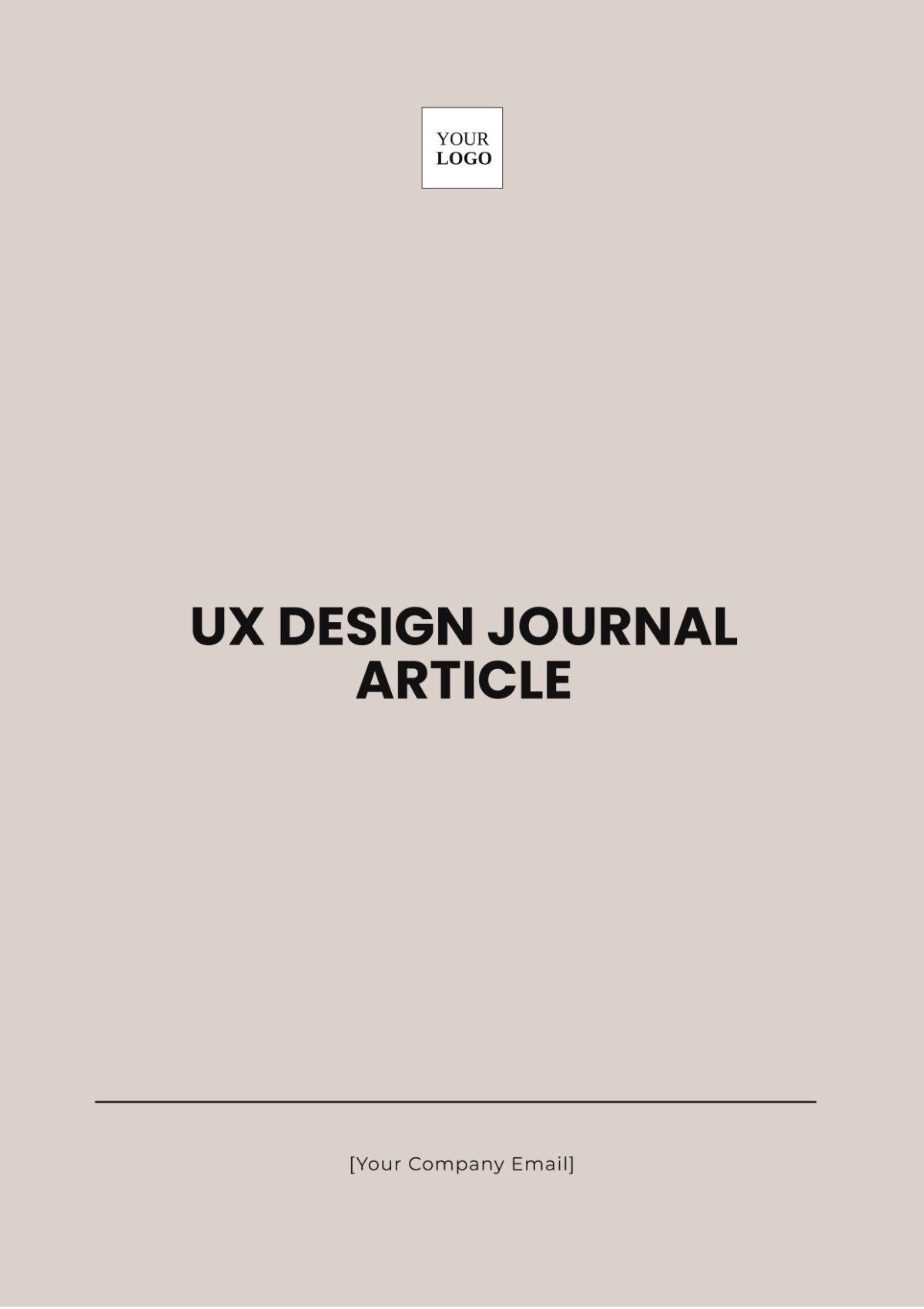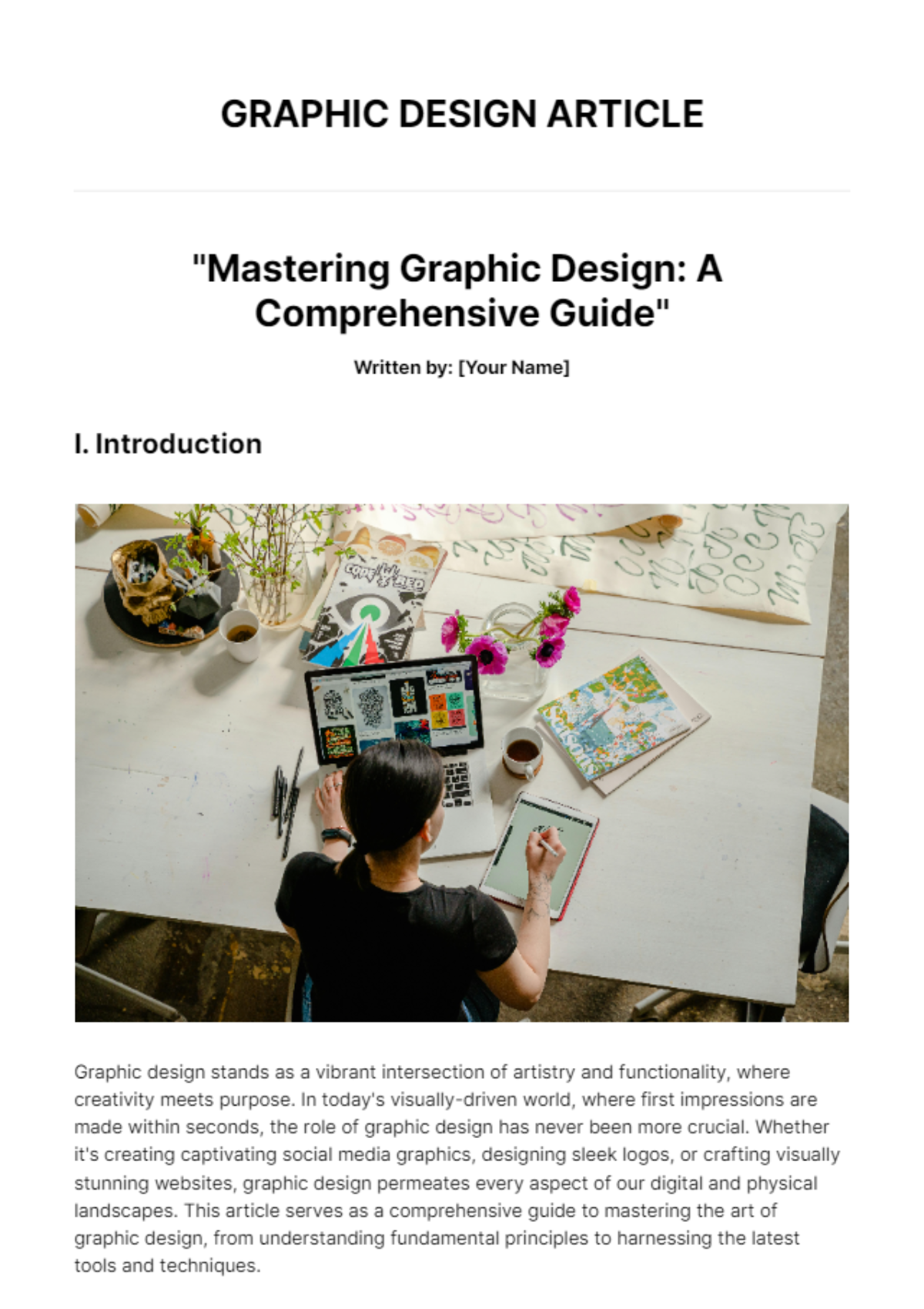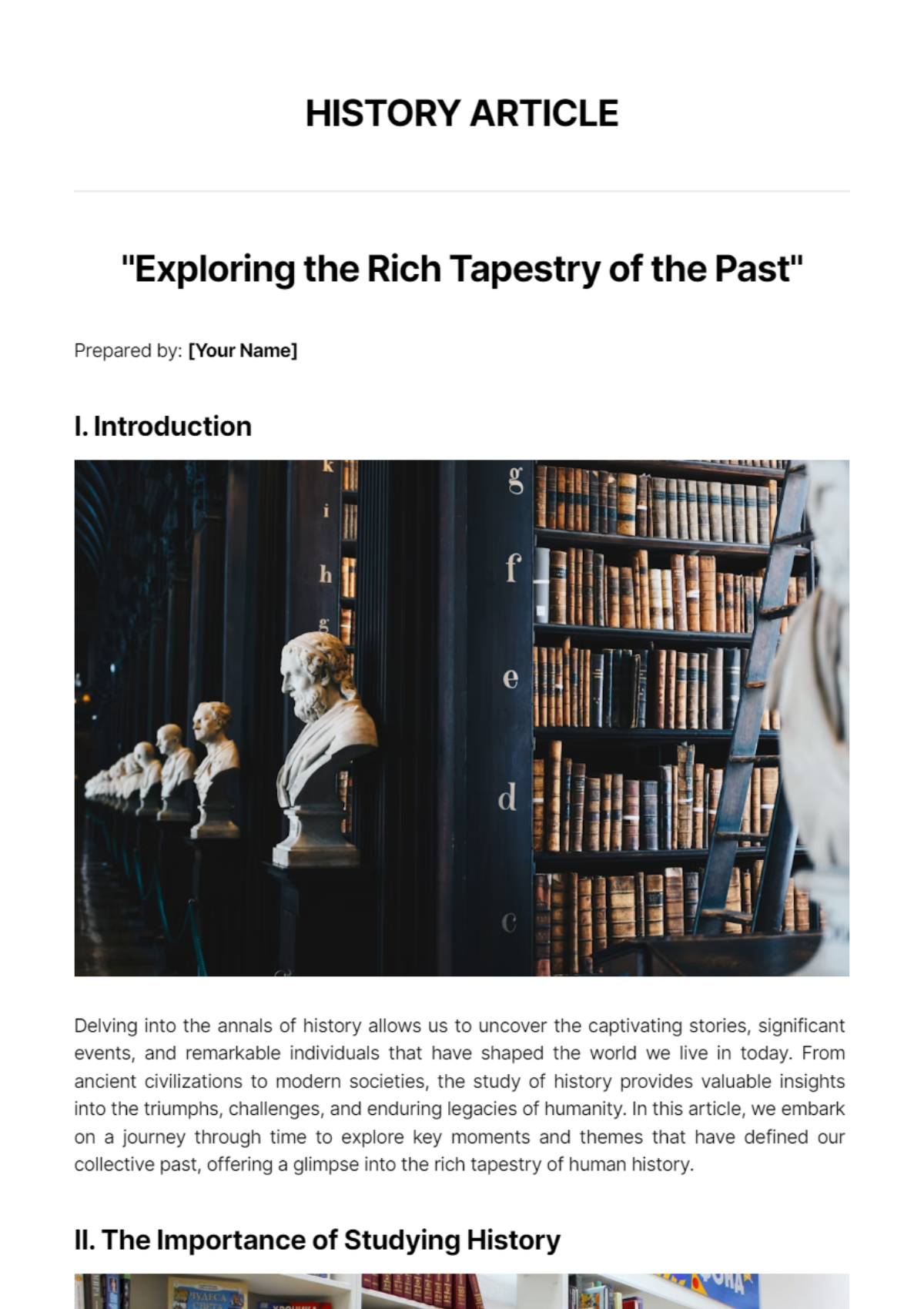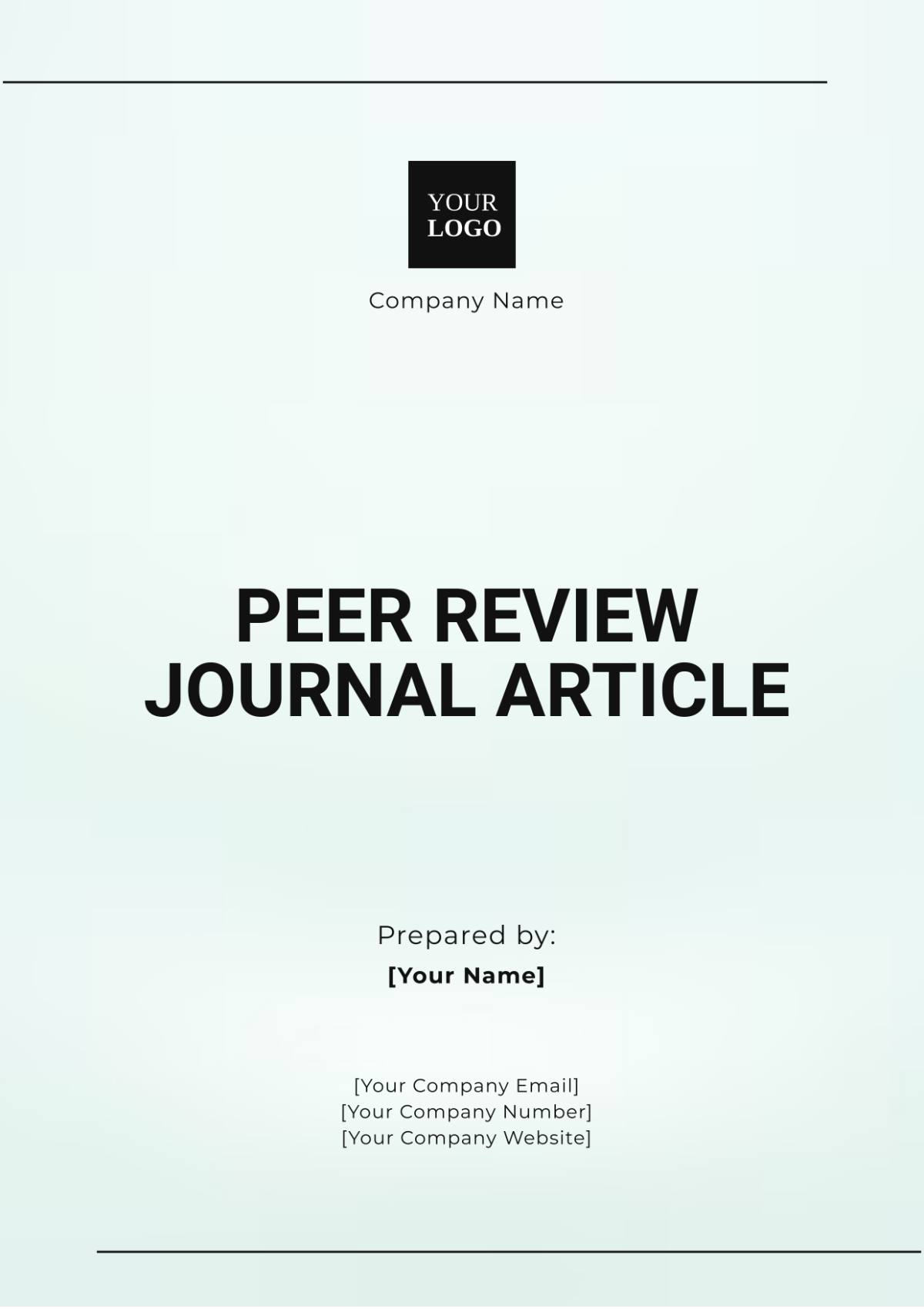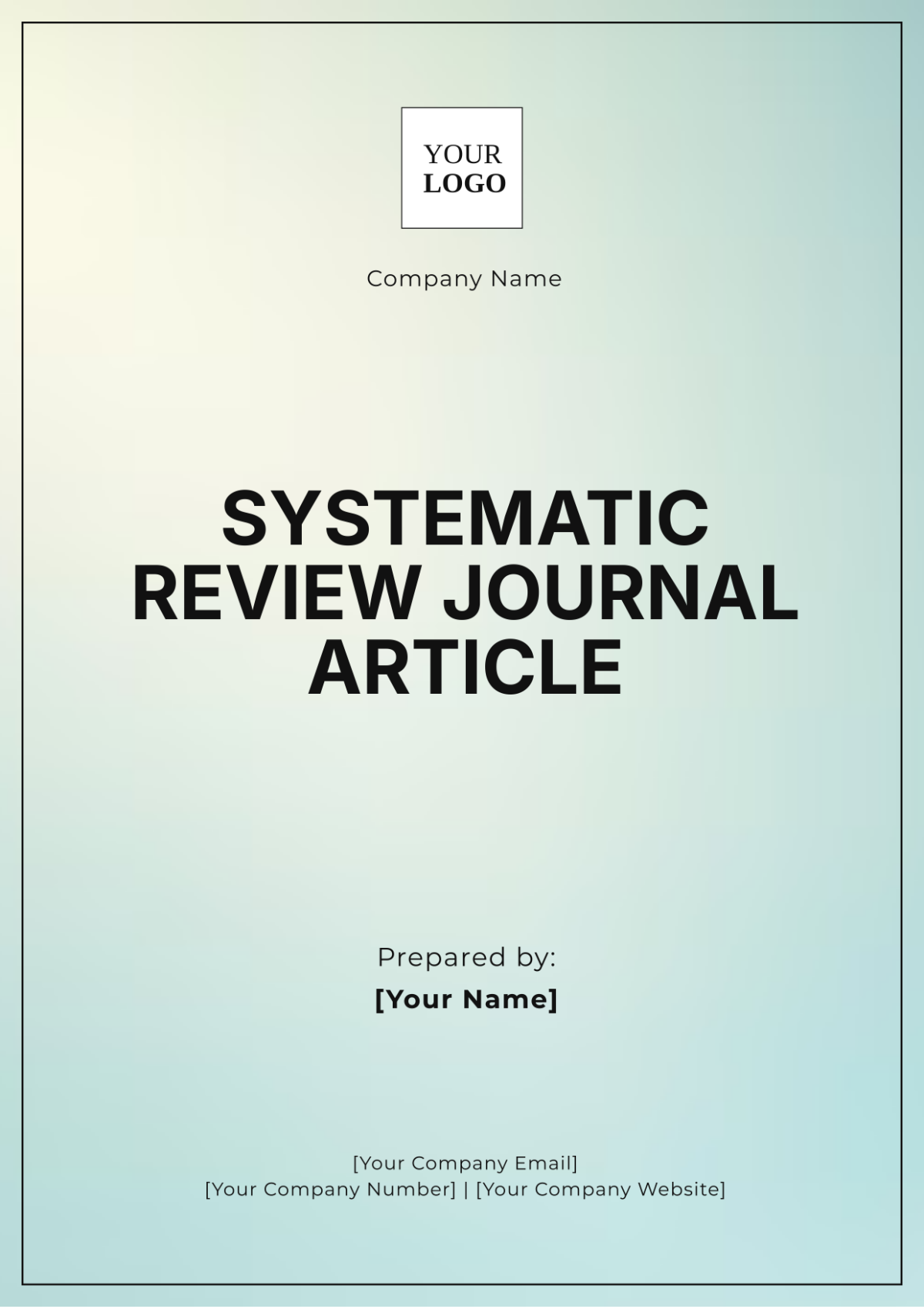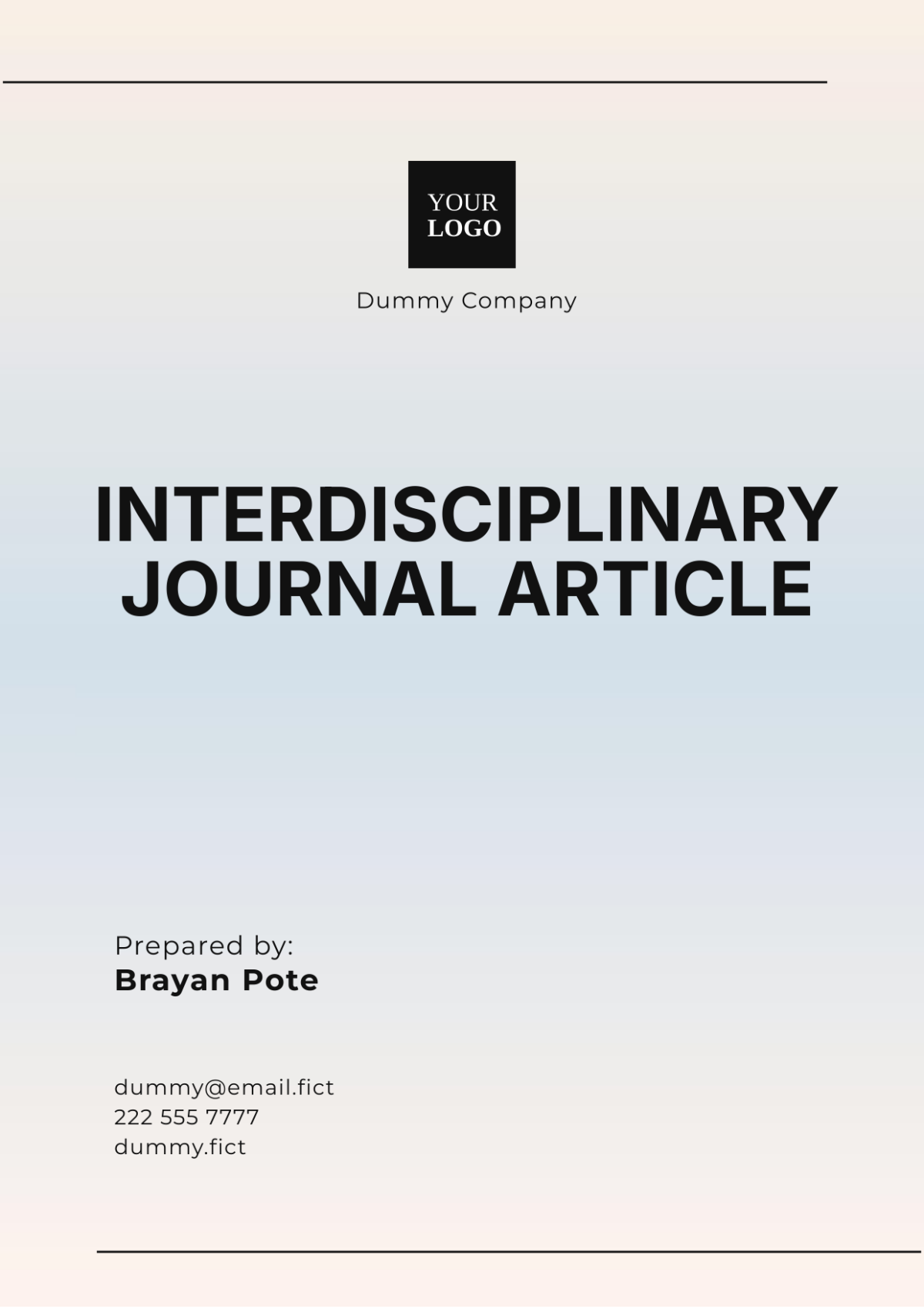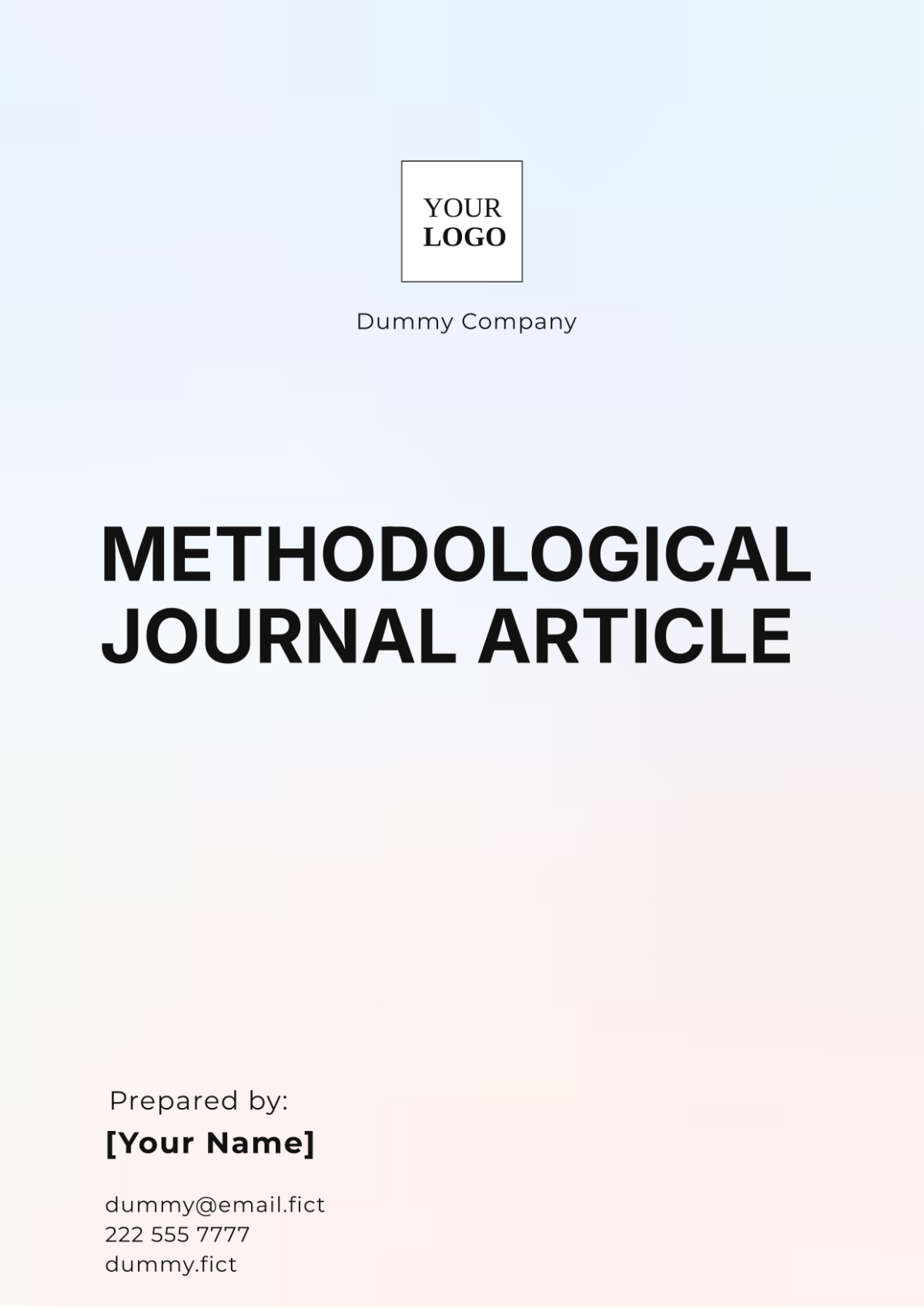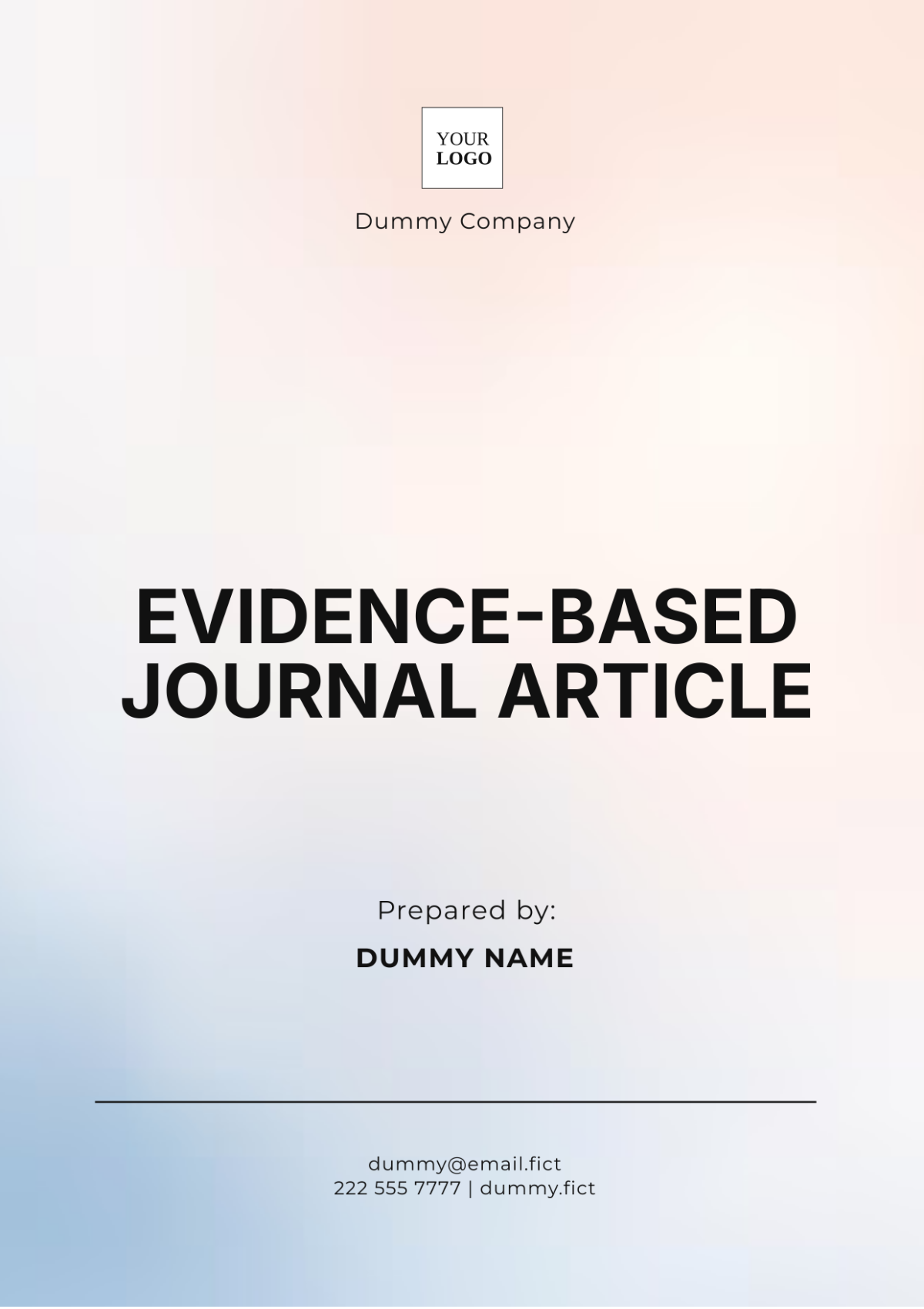Thesis Abstract Journal Article
Prepared by: [Your Name]
Date: [Date]
1. Abstract
This journal article delves into the critical role of thesis abstracts in academic research, highlighting their significance in summarizing and disseminating scholarly work. The study explores the structural components, key elements, and best practices for crafting effective abstracts. By examining theoretical frameworks and practical examples from various disciplines, this article aims to offer a comprehensive understanding of how well-structured abstracts contribute to research accessibility and impact. The findings underscore the evolving nature of abstract writing in the digital age and its implications for academic visibility.
2. Introduction
The thesis abstract is a fundamental element in academic research, providing a concise summary of the research conducted. As academic publishing evolves, the abstract remains a key tool for researchers to communicate their findings effectively. This introduction outlines the importance of the abstract, its primary functions, and the objectives of this article in exploring its role within the academic ecosystem.
3. The Role of Thesis Abstracts
3.1. Function and Importance
Thesis abstracts serve as a critical communication tool, offering potential readers a brief yet comprehensive overview of the research. The abstract's primary function is to summarize the research objectives, methodology, findings, and conclusions. By presenting this snapshot, abstracts help readers quickly assess the relevance and quality of the study. This initial impression can determine whether readers engage with the full thesis, making the abstract a vital component of academic visibility and dissemination.
3.2. Impact on Research Visibility
In the digital era, thesis abstracts are increasingly accessed through online databases and academic search engines. A well-crafted abstract can enhance the visibility of research, influencing citation rates and academic engagement. Effective abstracts improve search engine optimization (SEO) by incorporating relevant keywords, making the research more discoverable to a global audience. The increased accessibility of abstracts through digital platforms highlights their role in expanding the reach and impact of scholarly work.
4. Structure and Components
4.1. Essential Elements
A well-structured thesis abstract typically includes the following key components:
Purpose: Clearly states the research objectives and the problem addressed. For instance, "This study investigates the impact of climate change on urban infrastructure resilience."
Methods: Briefly describe the research design and methodology. Example: "Employing a mixed-methods approach, this research combines quantitative data analysis with qualitative case studies."
Results: Summarize the main findings and key data. For example, "The findings indicate significant vulnerabilities in coastal infrastructure, with proposed mitigation strategies showing promise."
Conclusion: Provides insights into the implications and potential applications of the research. Example: "This research suggests that integrating adaptive strategies into urban planning can enhance resilience against climate change."
4.2. Best Practices for Writing
To craft an effective abstract, researchers should adhere to the following best practices:
Clarity and Conciseness: Use clear, straightforward language to convey the main points. Avoid jargon that may be inaccessible to a broader audience.
Relevance: Focus on the most significant aspects of the research, highlighting key results and conclusions.
Keywords: Incorporate relevant keywords to enhance the abstract's searchability and impact.
Structure: Follow a logical structure to ensure coherence and readability, making it easier for readers to grasp the essence of the research quickly.
4.3. Common Pitfalls
Common issues to avoid when writing an abstract include:
Overly Technical Language: Avoid using highly specialized terminology that may limit the abstract's accessibility.
Lack of Focus: Ensure the abstract remains concentrated on the core elements of the research without unnecessary detail.
Excessive Length: Adhere to word limits and avoid including extraneous information that may dilute the impact of the abstract.
5. Case Studies and Examples
5.1. Comparative Analysis
This section presents a comparative analysis of thesis abstracts across various disciplines, including science, humanities, and social sciences. For instance, abstracts in the natural sciences may emphasize empirical results and methodological details, while those in the humanities might focus more on theoretical implications and contextual analysis. By comparing examples from different fields, this analysis highlights how disciplinary conventions shape abstract writing and effectiveness.
5.2. Evolution Over Time
Examining the evolution of thesis abstracts provides insight into how changes in academic publishing and digital technologies have influenced abstract writing practices. Over the past decades, advancements in digital platforms have led to shorter, more concise abstracts with a focus on keyword optimization. The historical perspective underscores how evolving academic standards and technological developments have impacted abstract formulation.
6. Conclusion
The thesis abstract remains a critical component of academic research, serving as a concise summary that facilitates research dissemination and visibility. Crafting an effective abstract requires attention to structure, clarity, and relevance. By adhering to best practices and avoiding common pitfalls, researchers can enhance the impact and accessibility of their work. This article highlights the importance of the thesis abstract in the academic landscape and provides practical guidance for optimizing this essential element of scholarly communication.
7. References
Smith, J. (2050). The Art of Abstract Writing in Academic Research. Academic Publishing House.
Johnson, L., & Lee, M. (2052). "Digital Evolution and Abstracts: A Historical Perspective." Journal of Scholarly Communication, 12(3), 45-67.
Brown, R. (2055). Enhancing Research Visibility through Effective Abstracts. University Press.
Garcia, A., & Patel, R. (2057). "Disciplinary Differences in Abstract Writing: A Comparative Study." International Journal of Research Studies, 9(1), 102-119.
